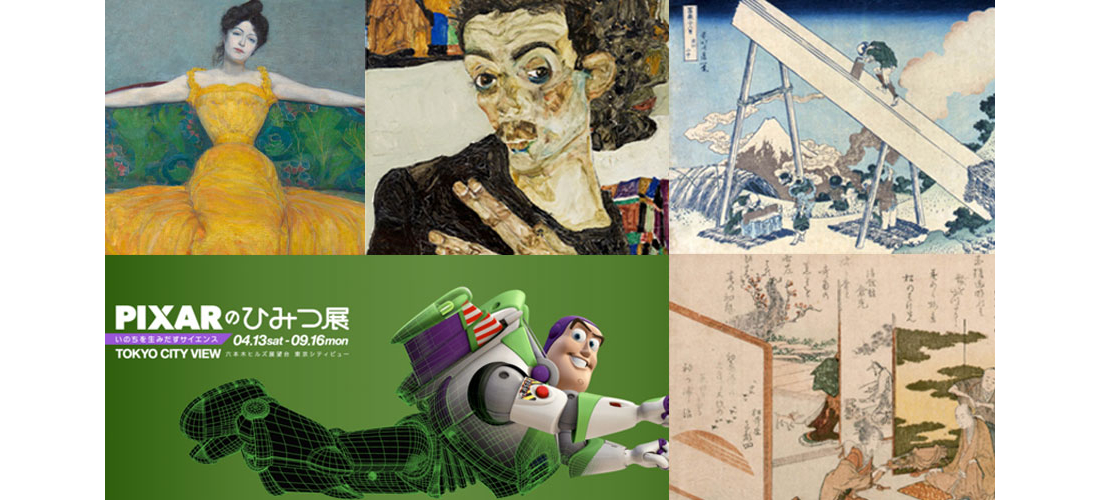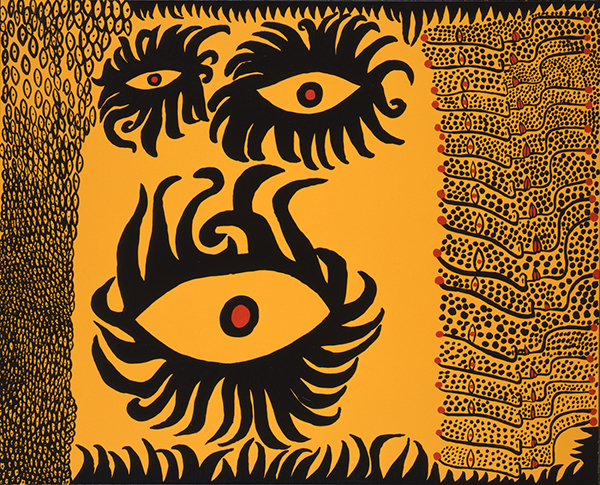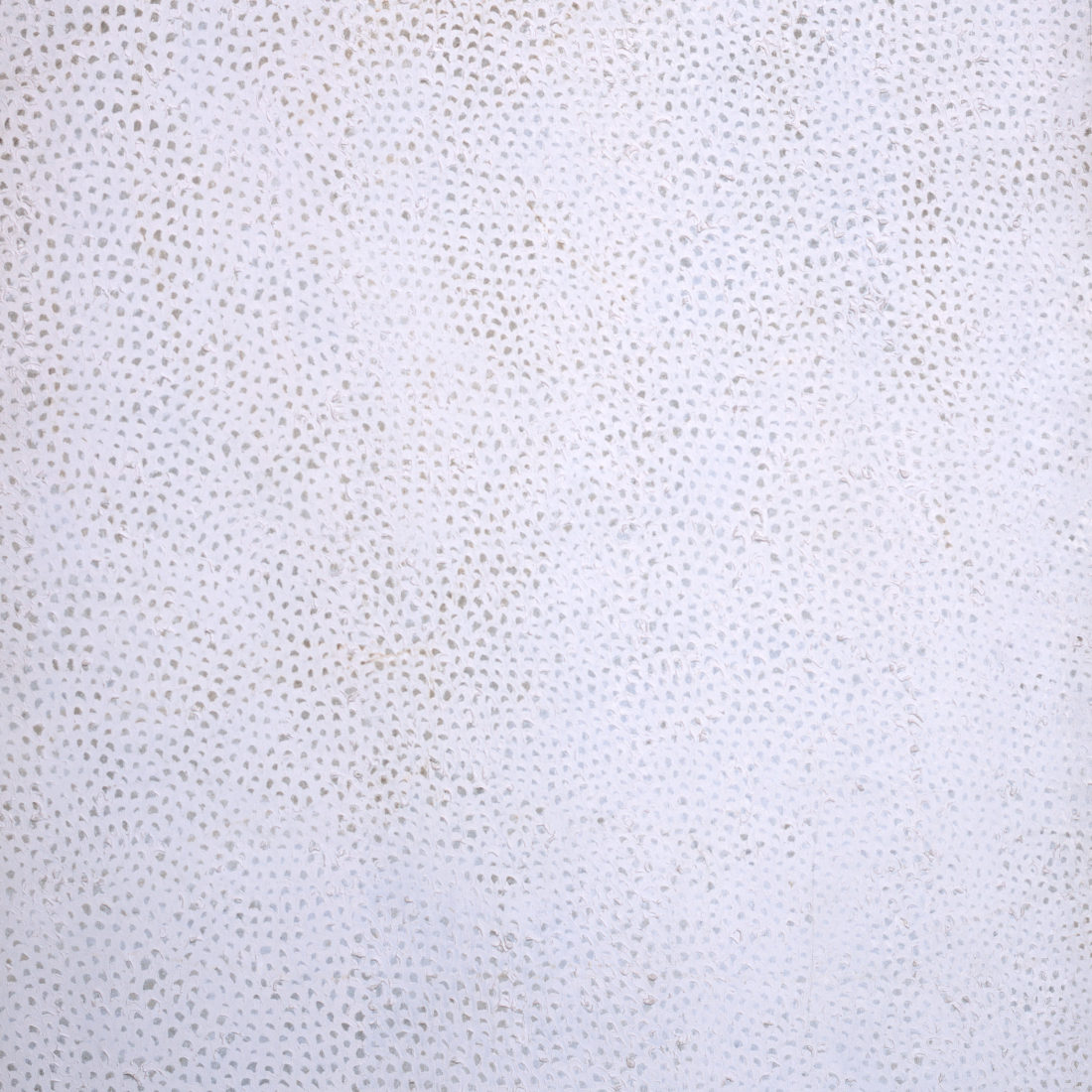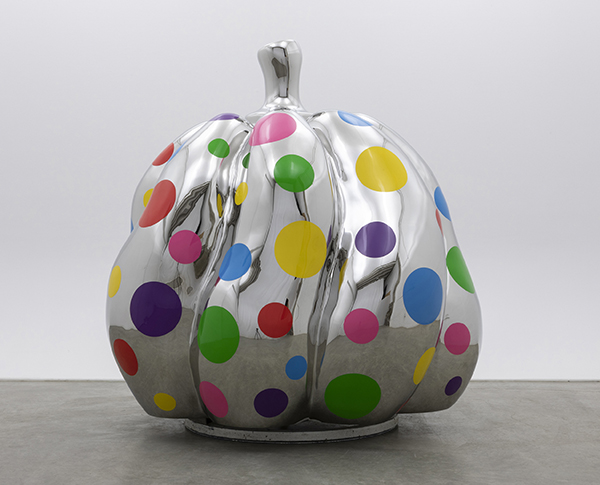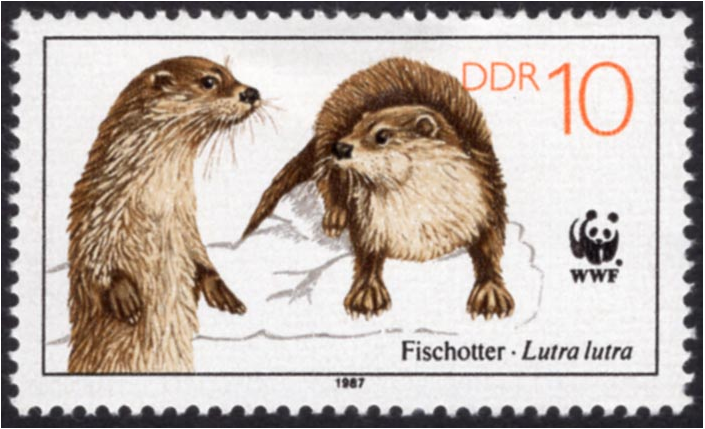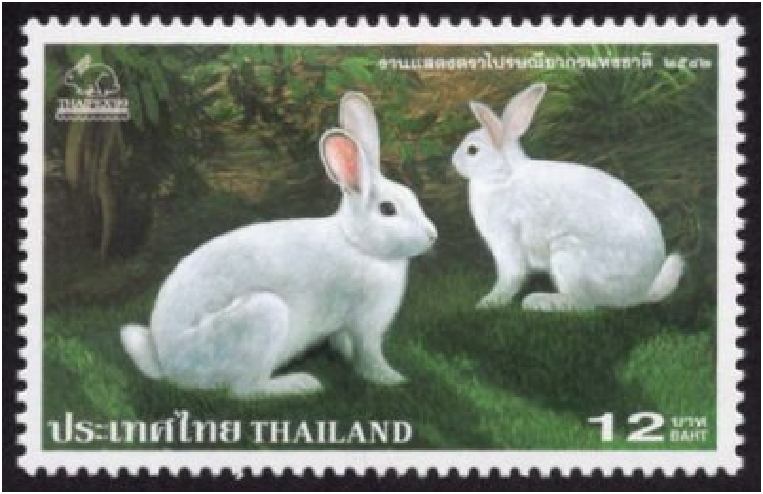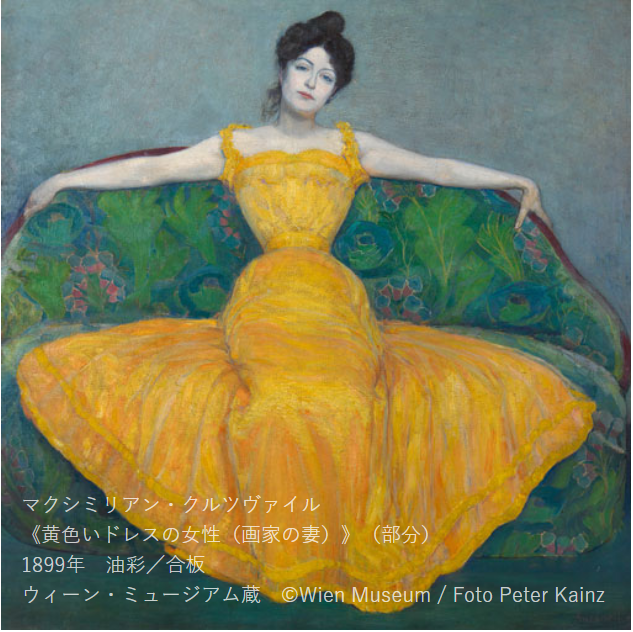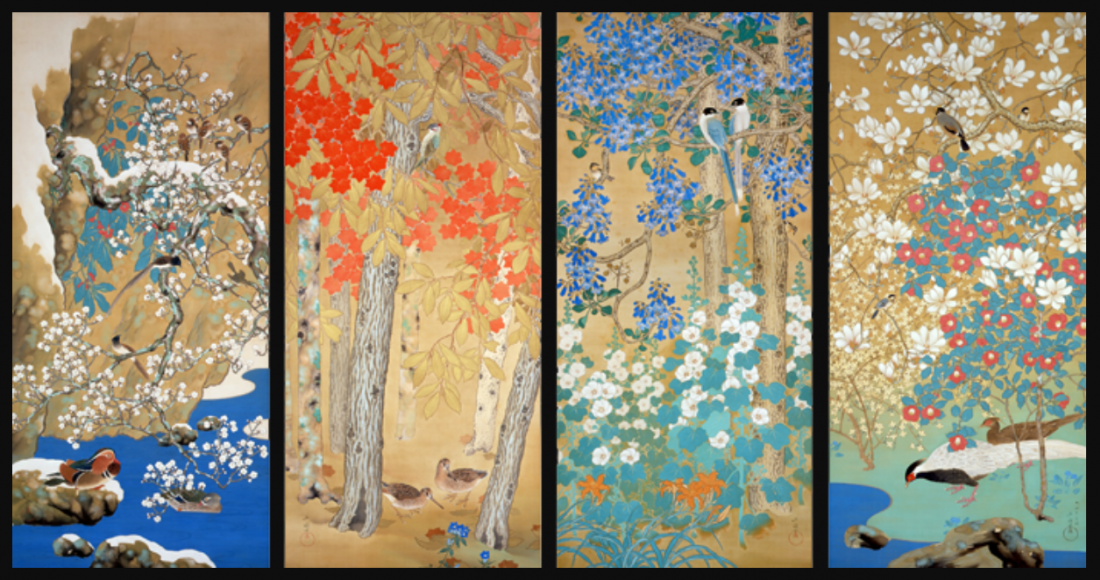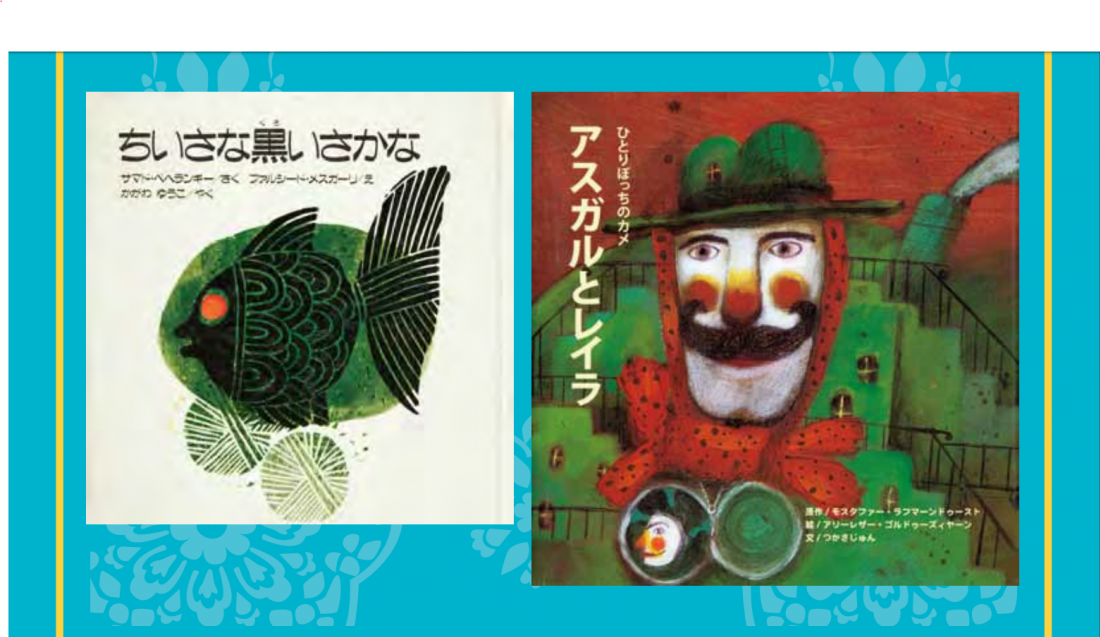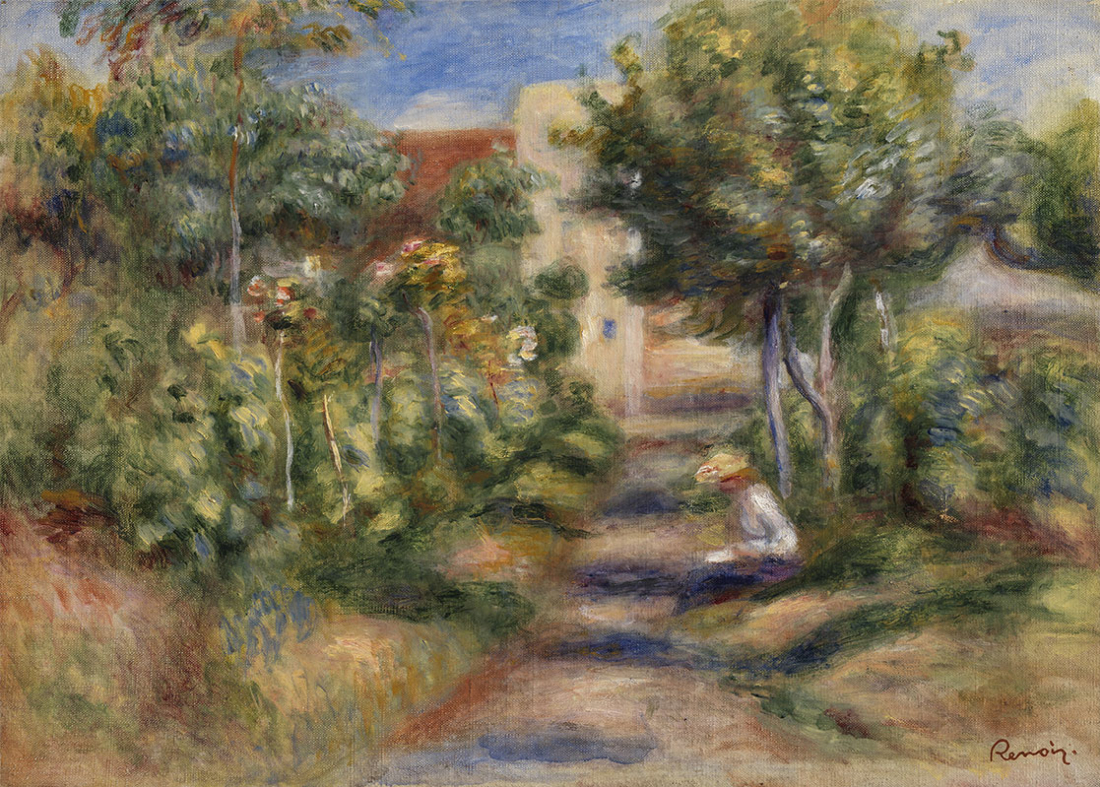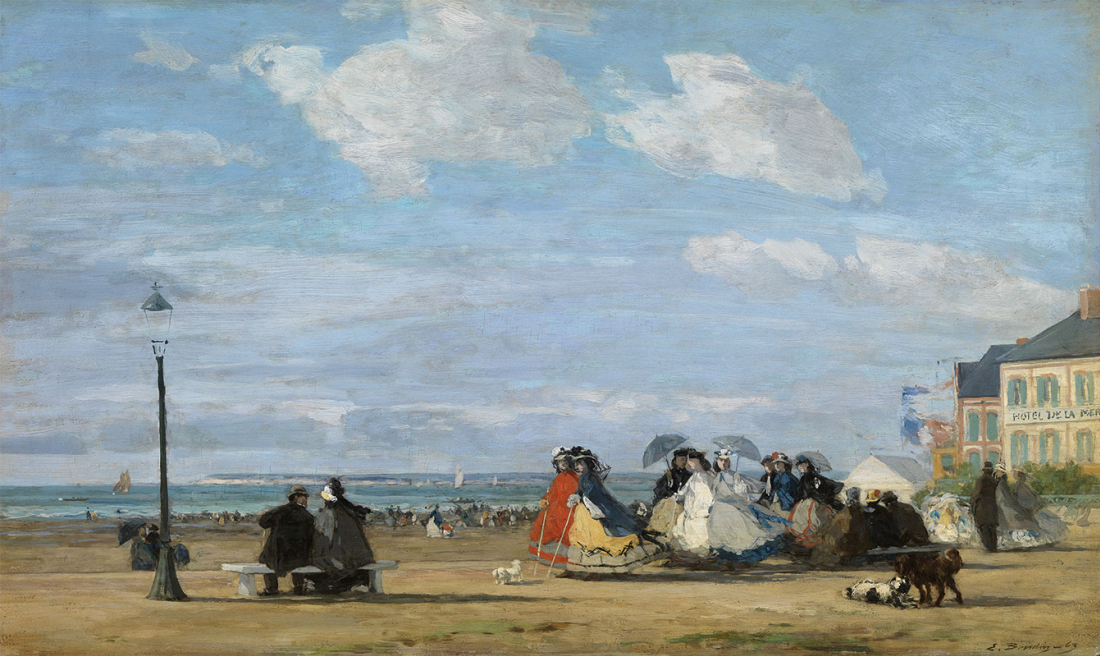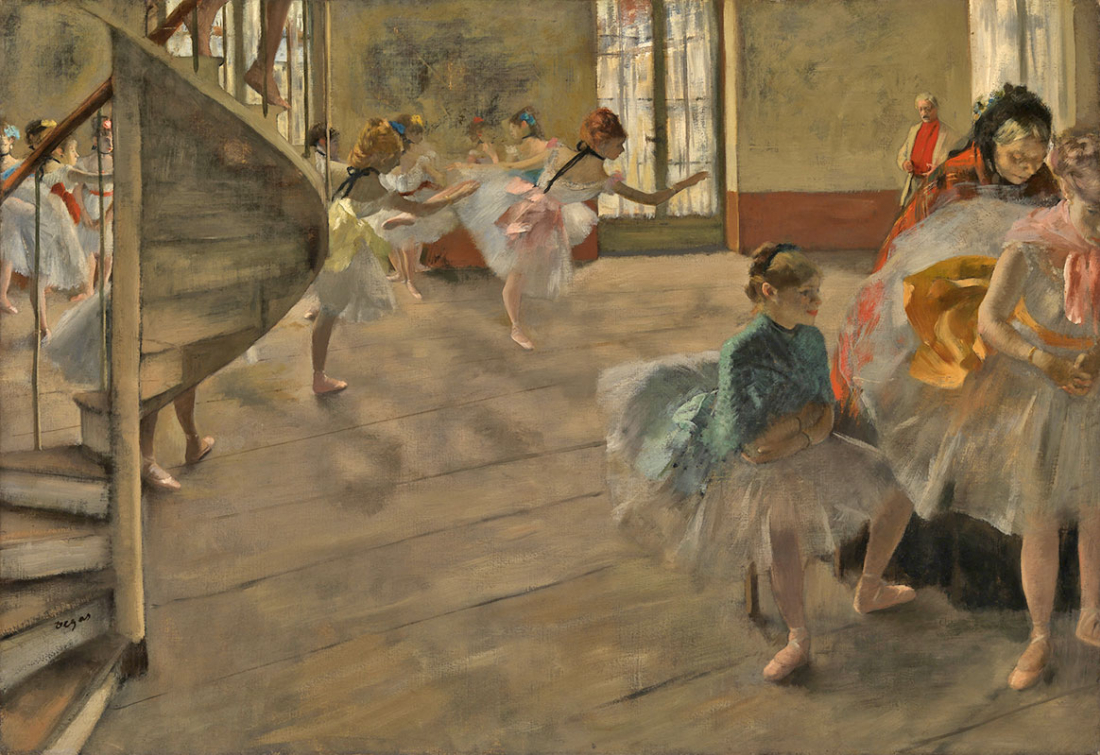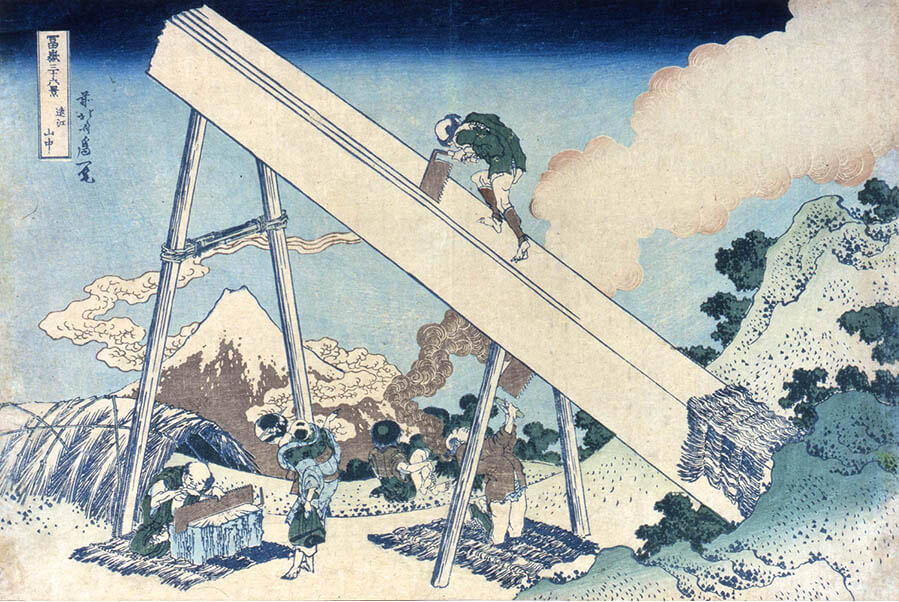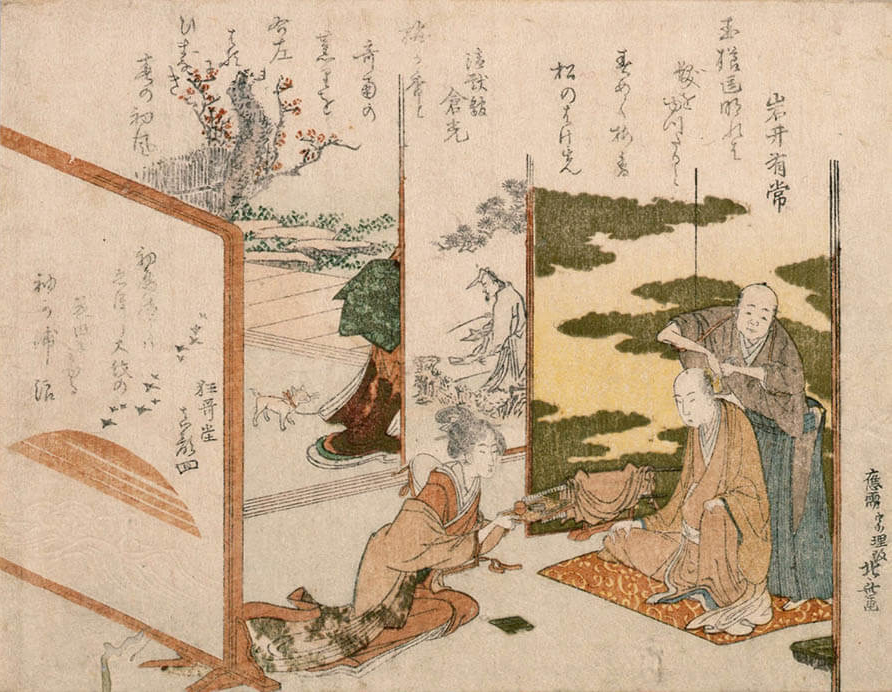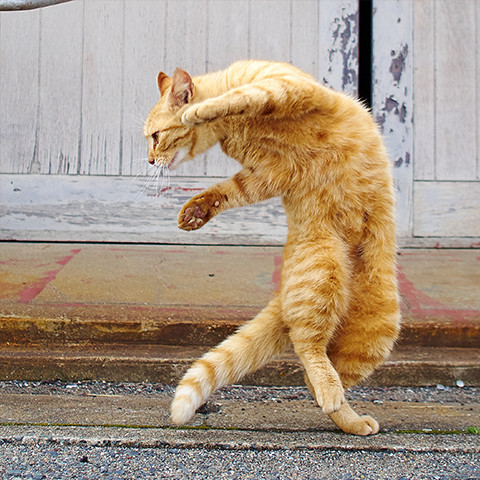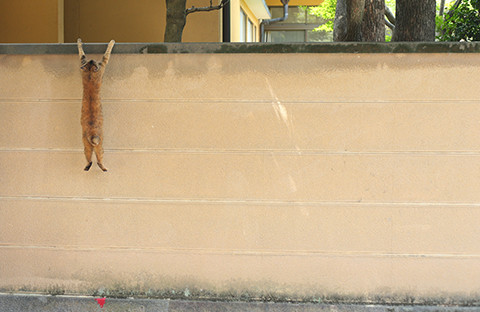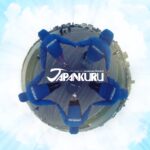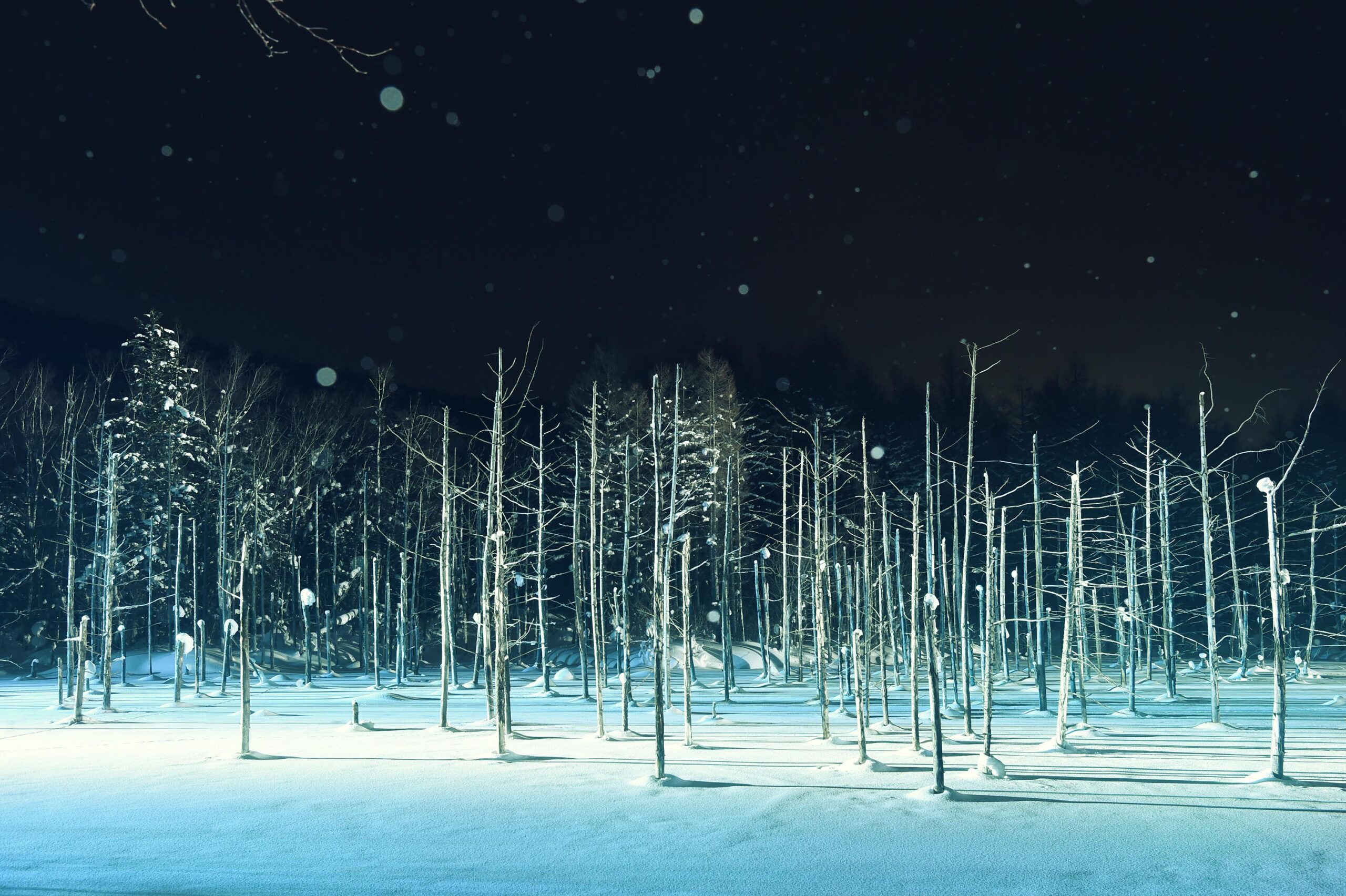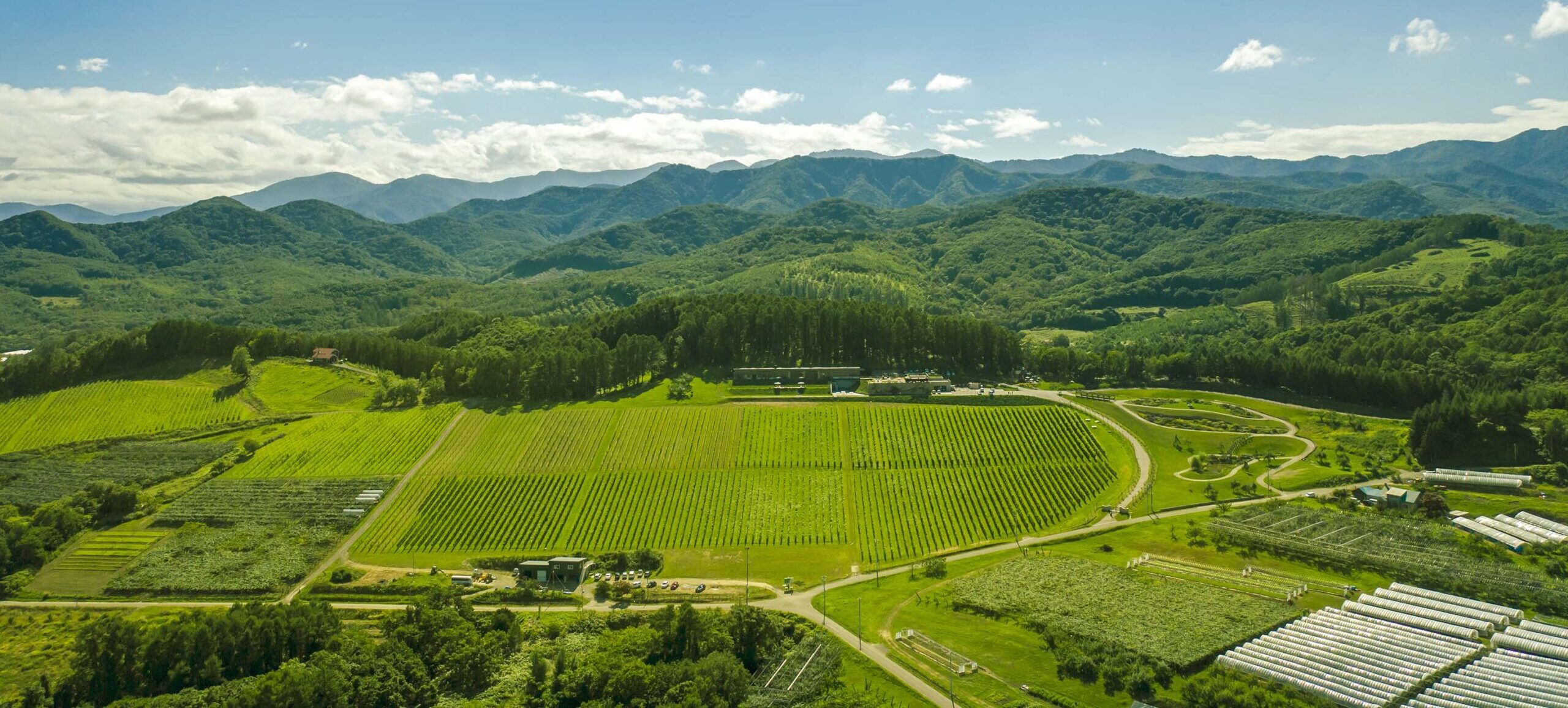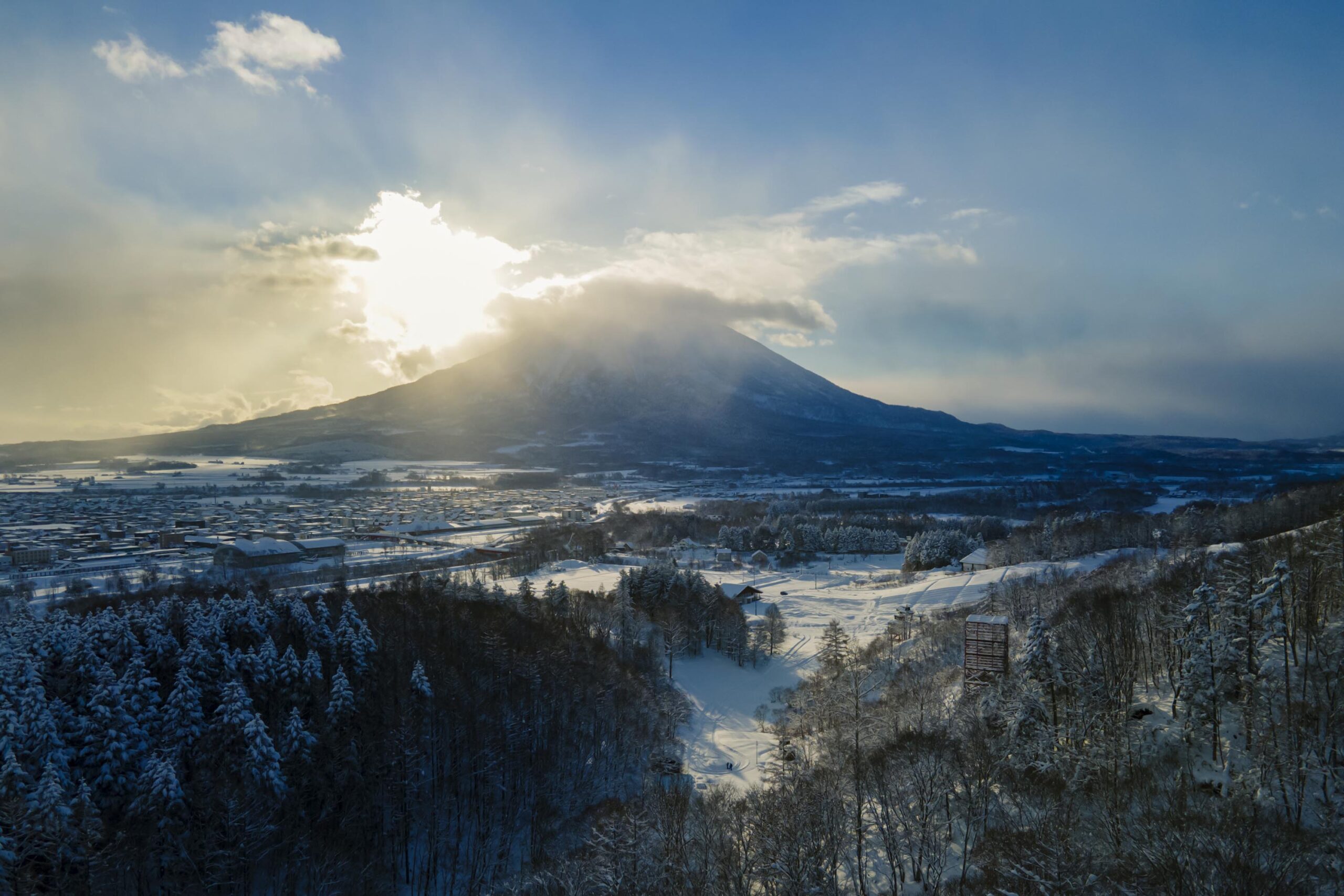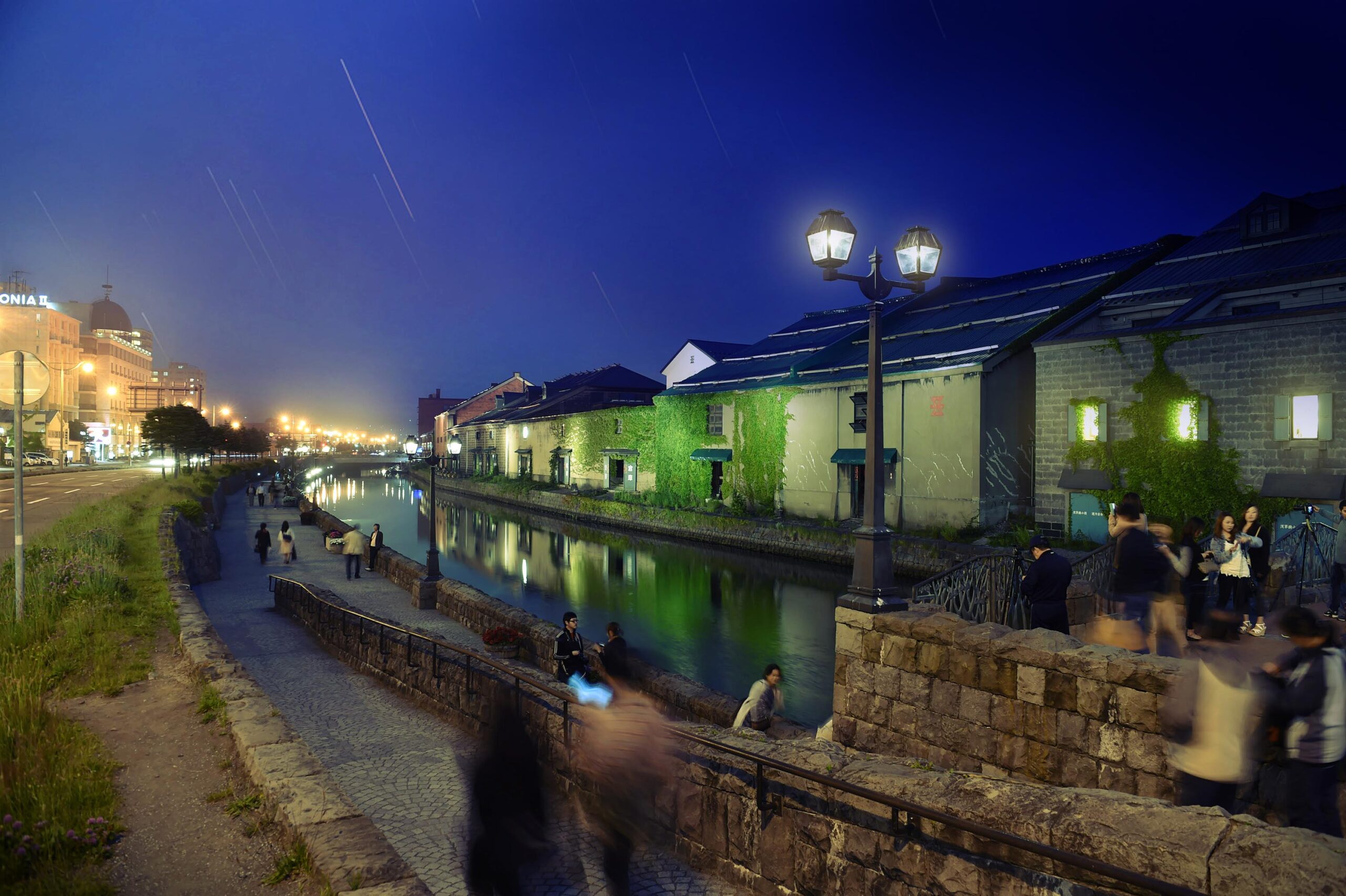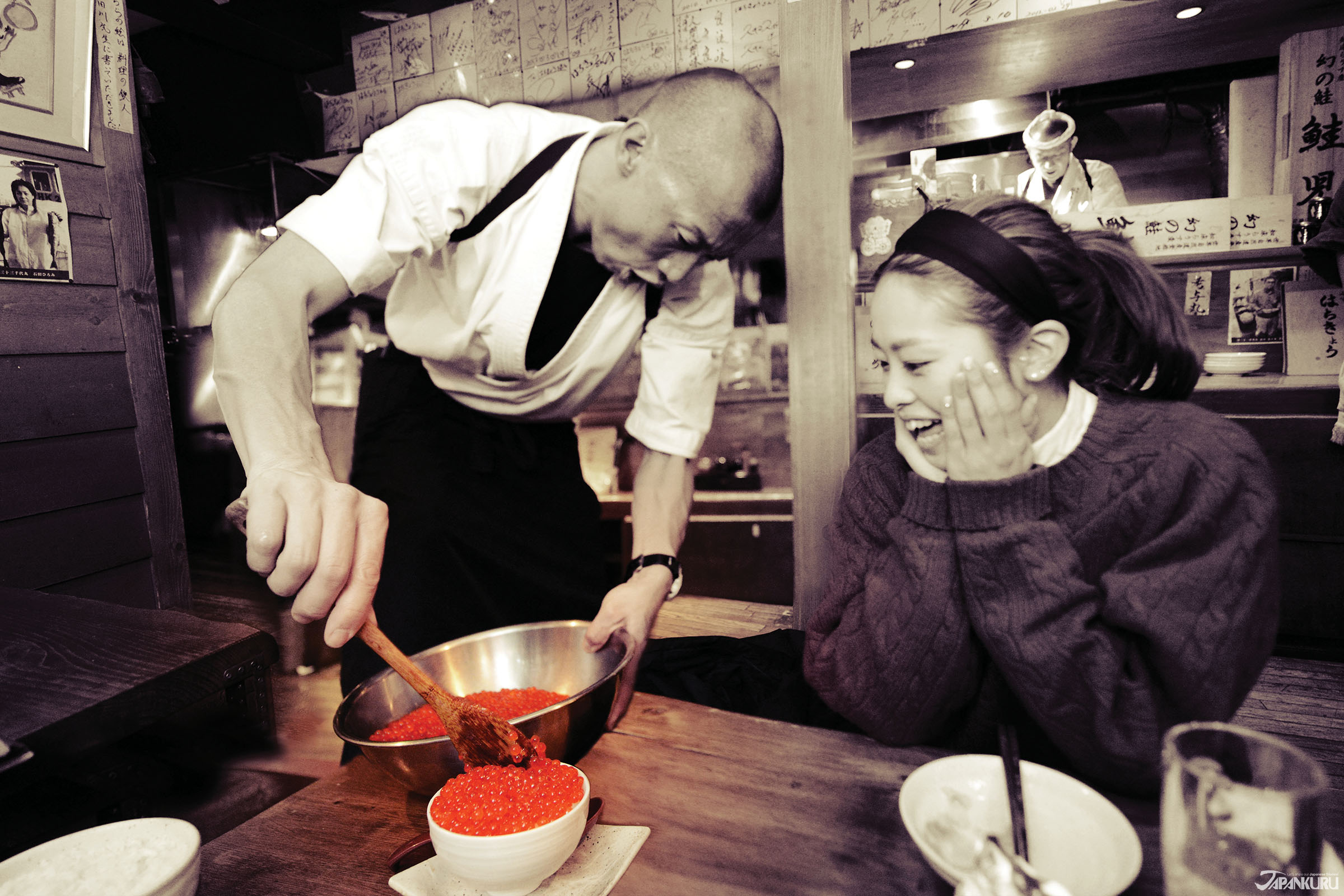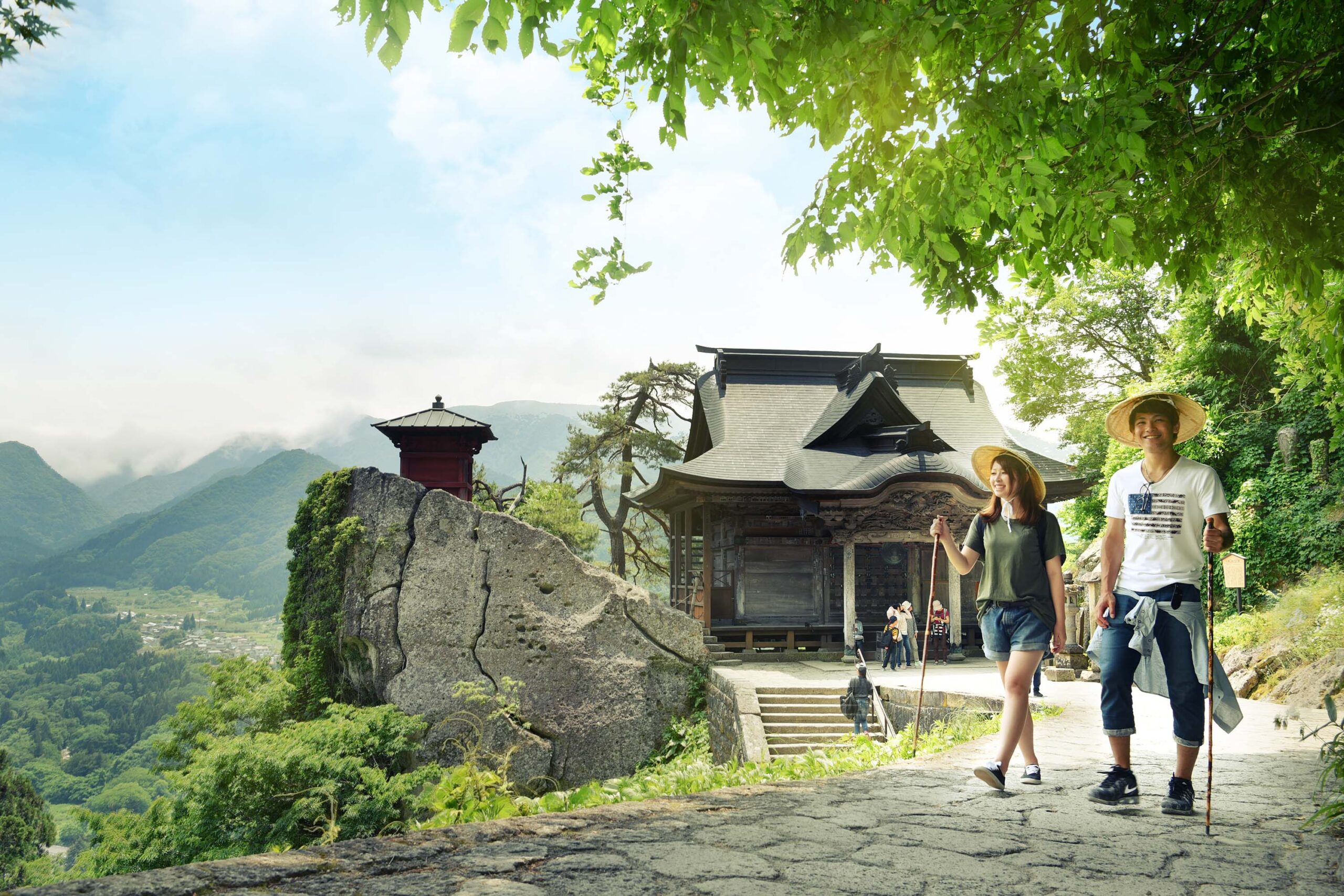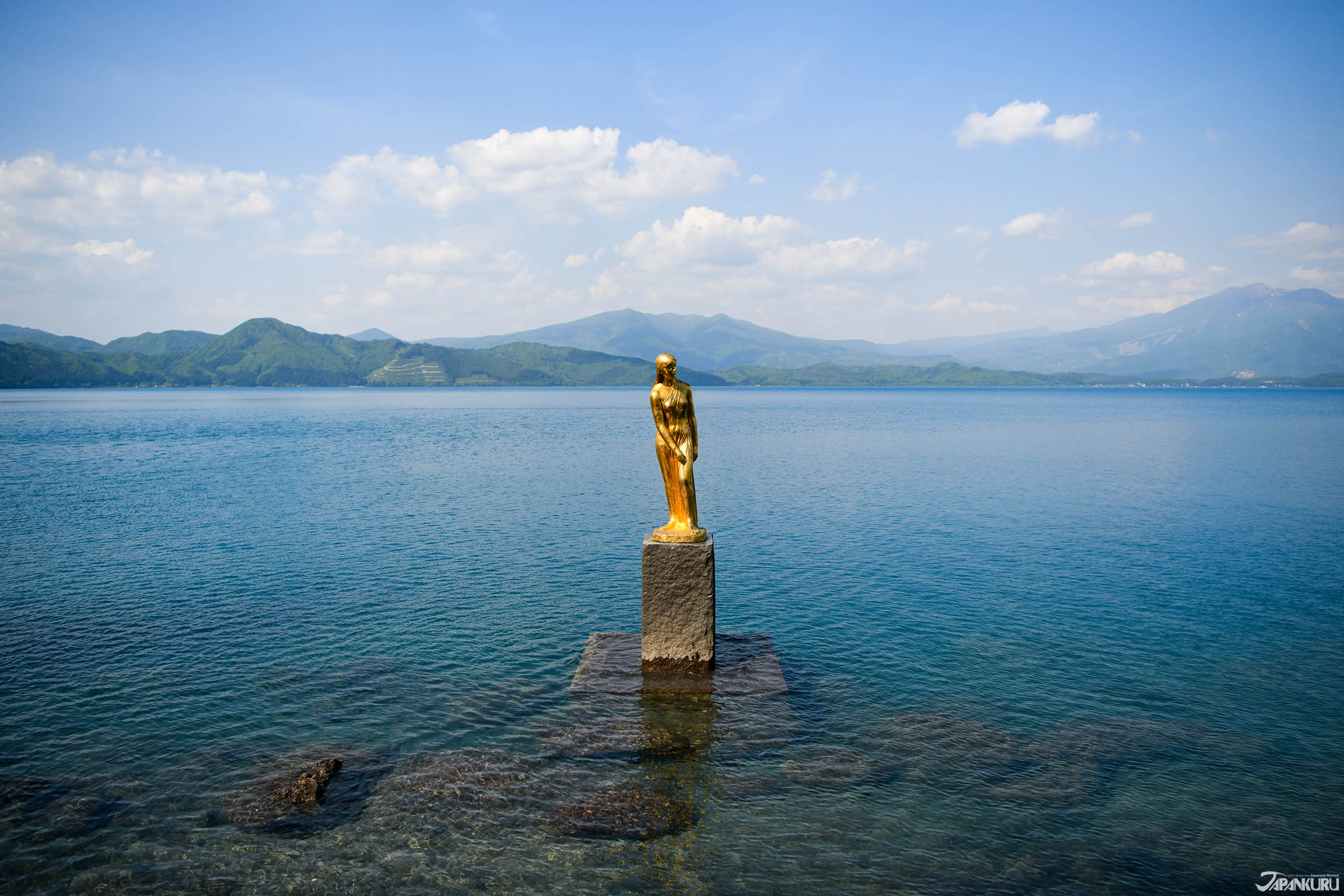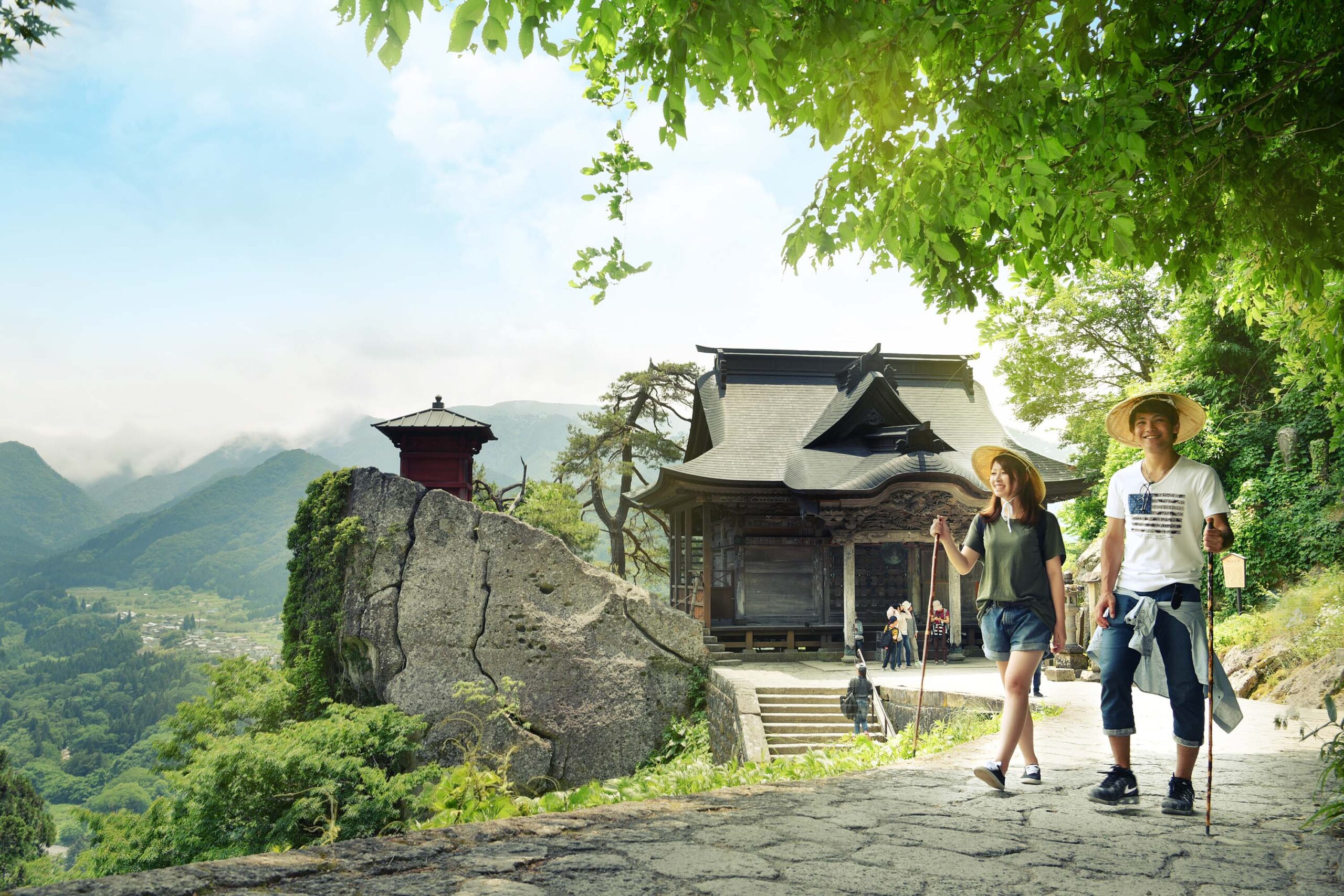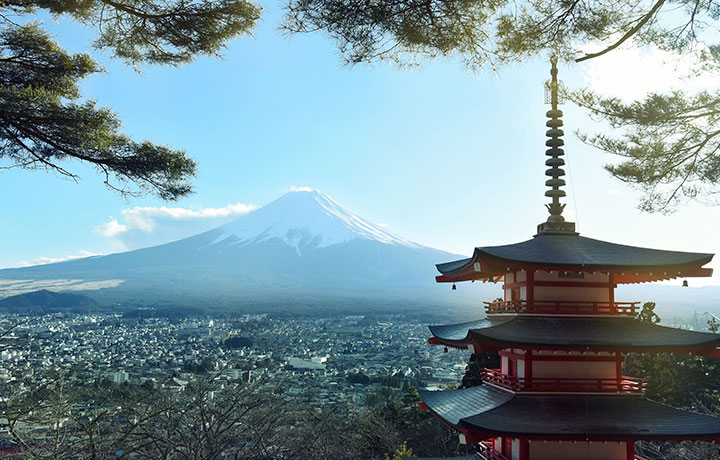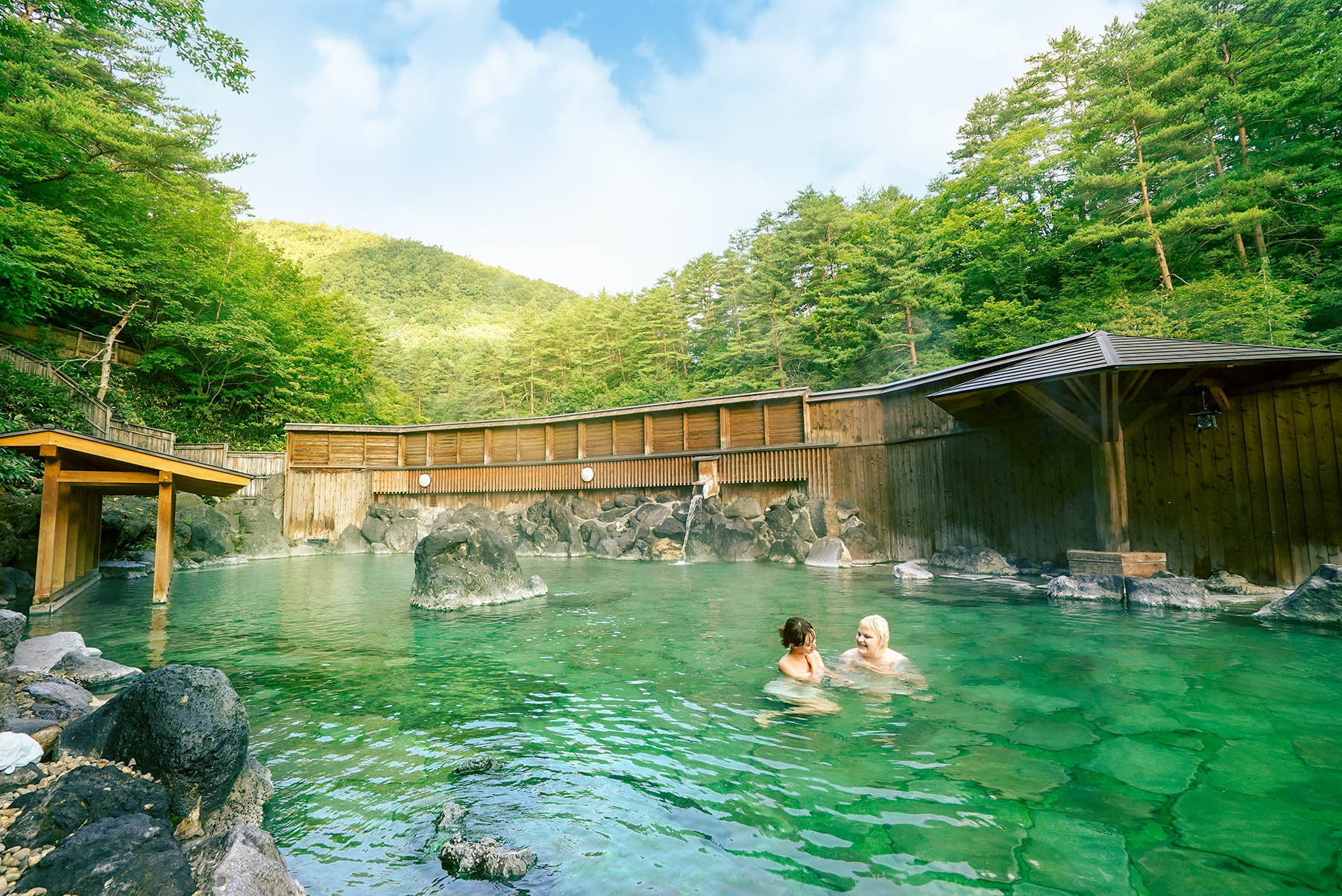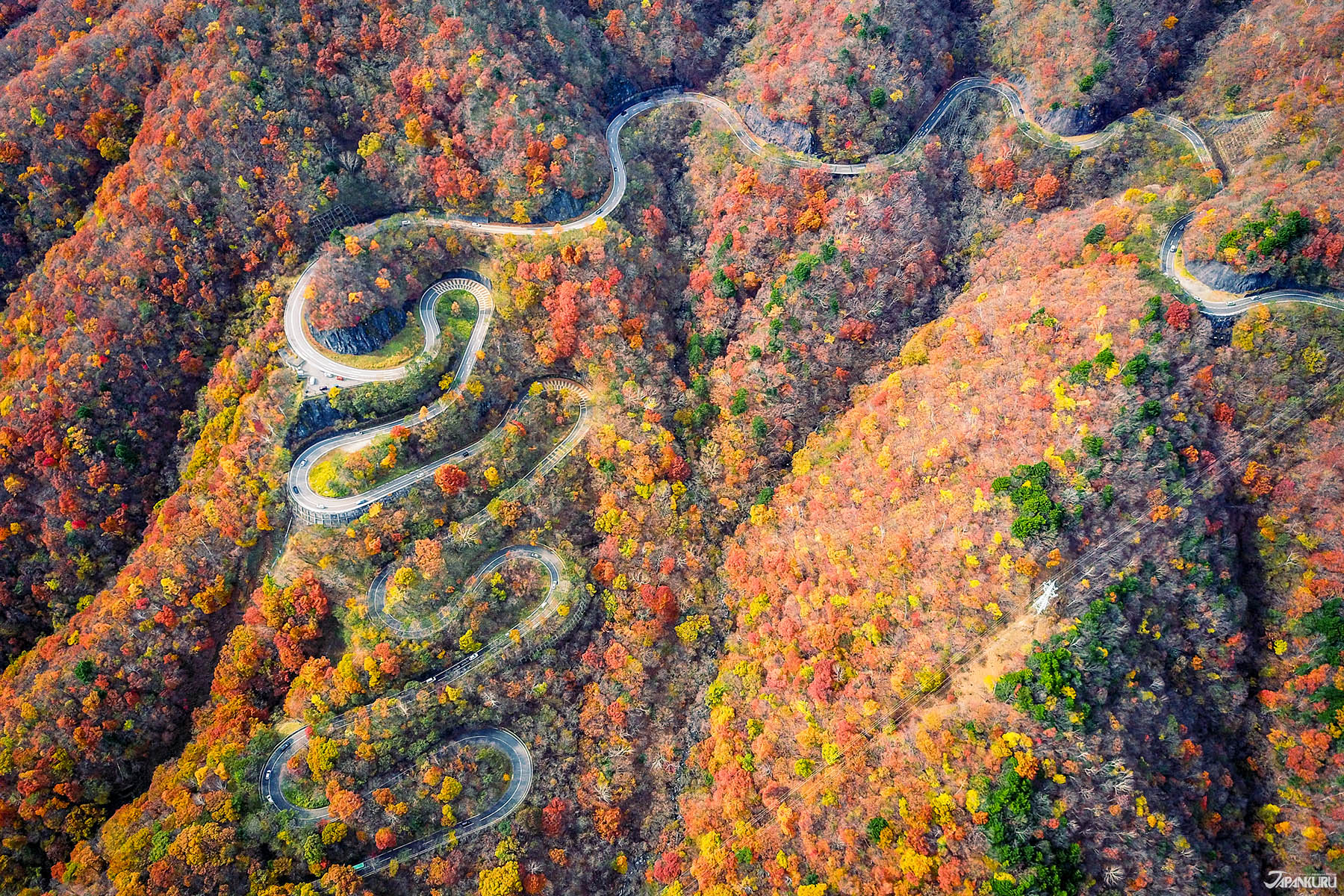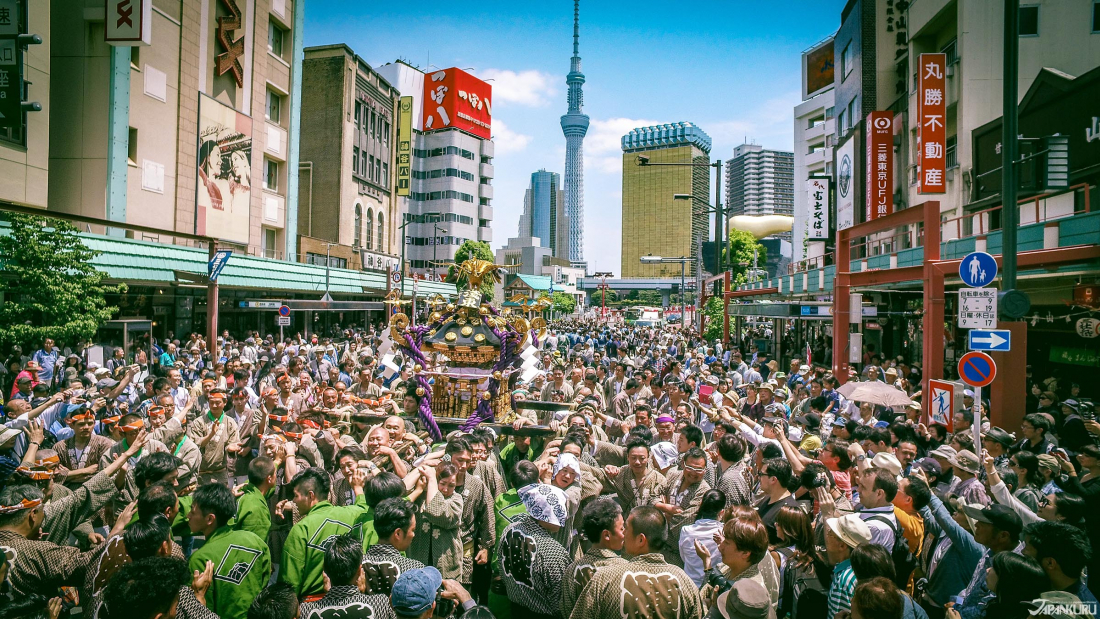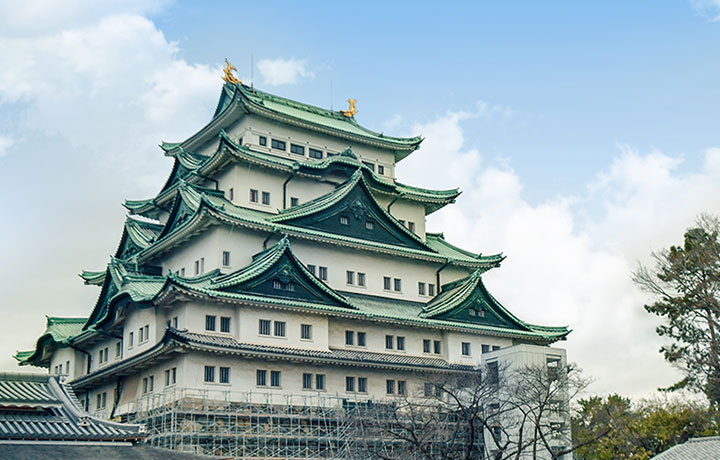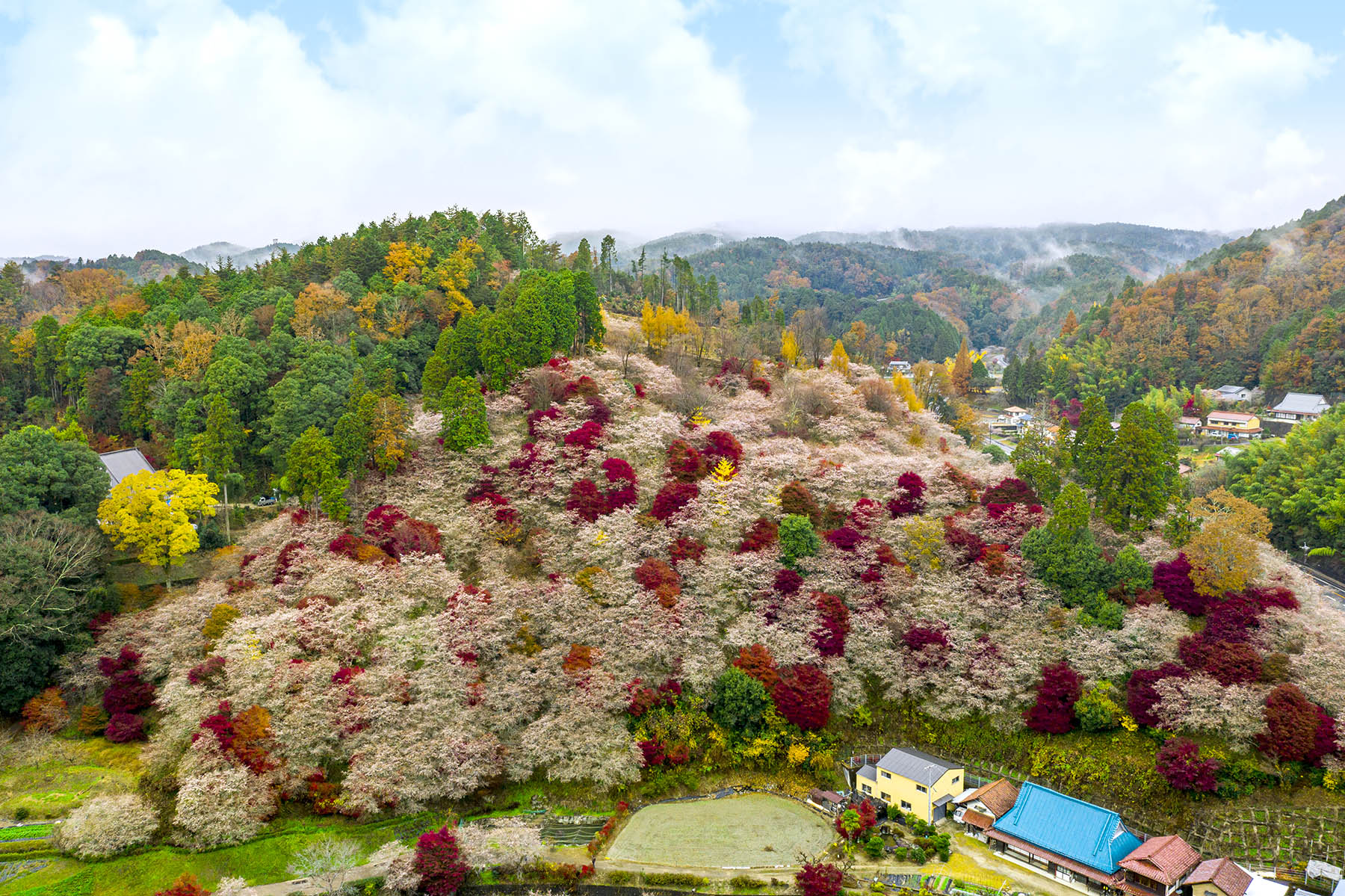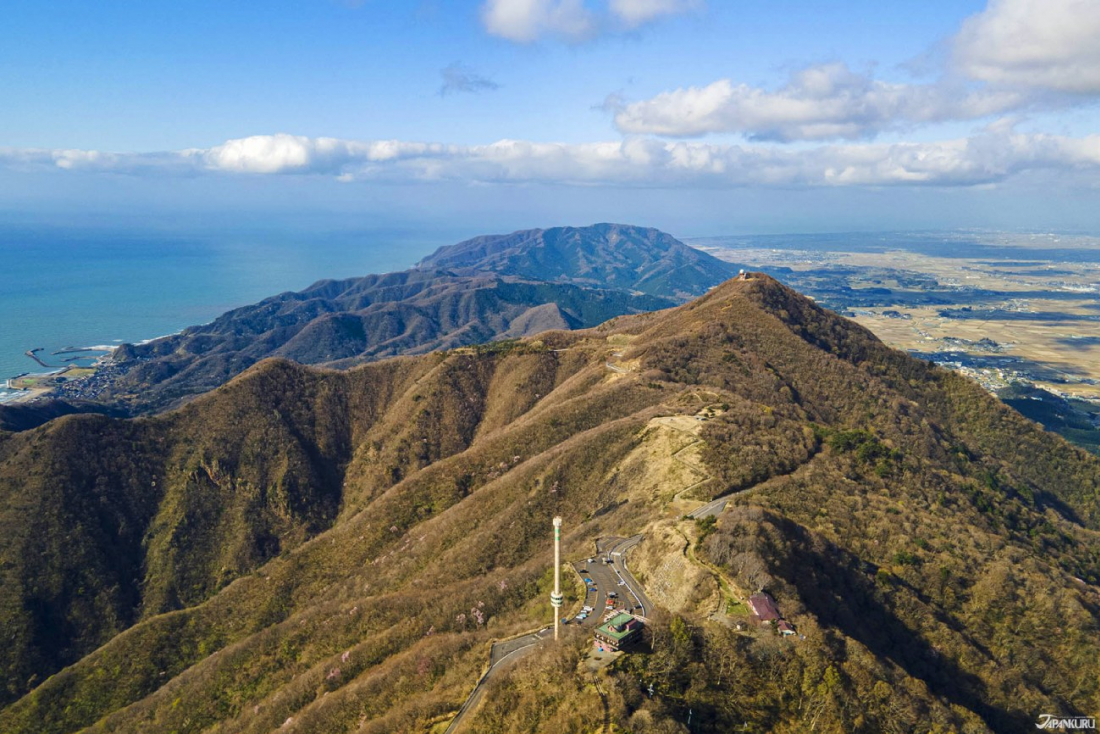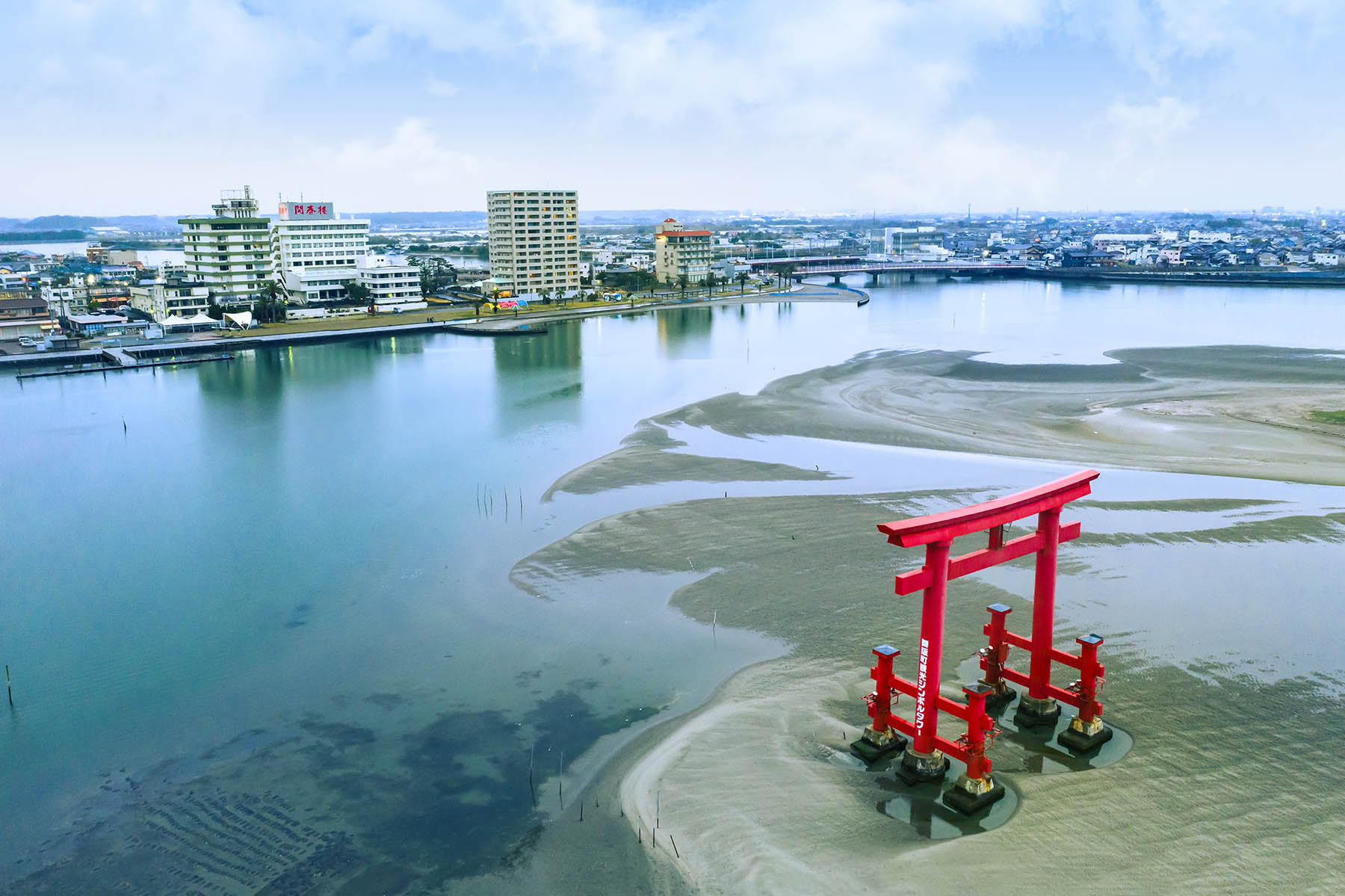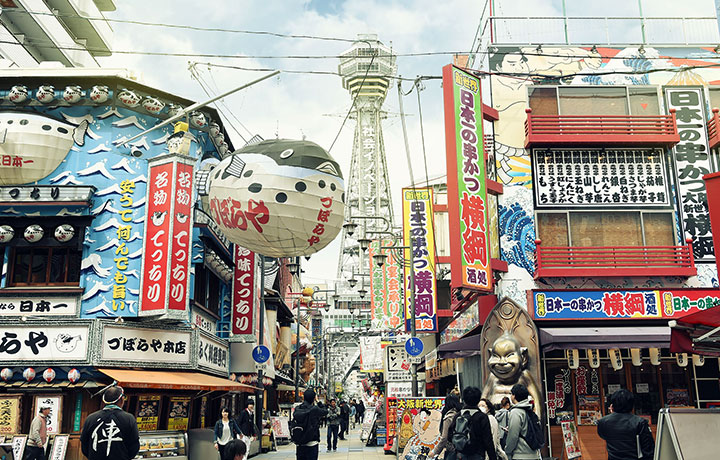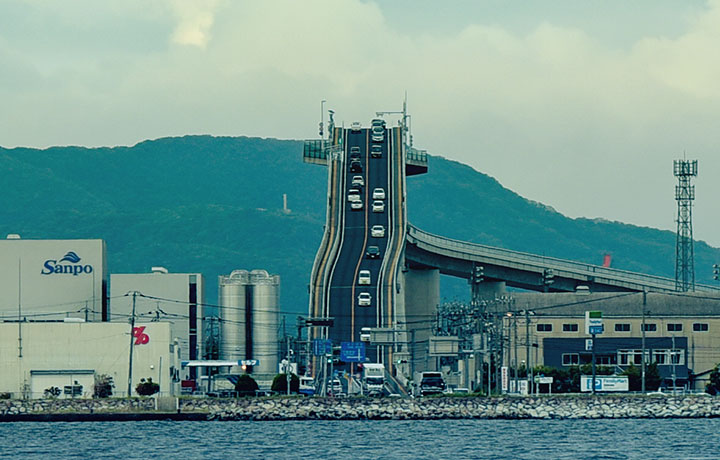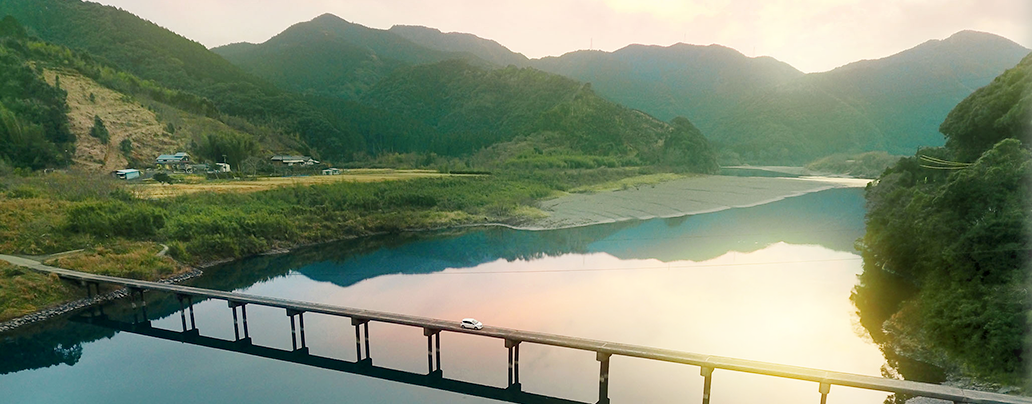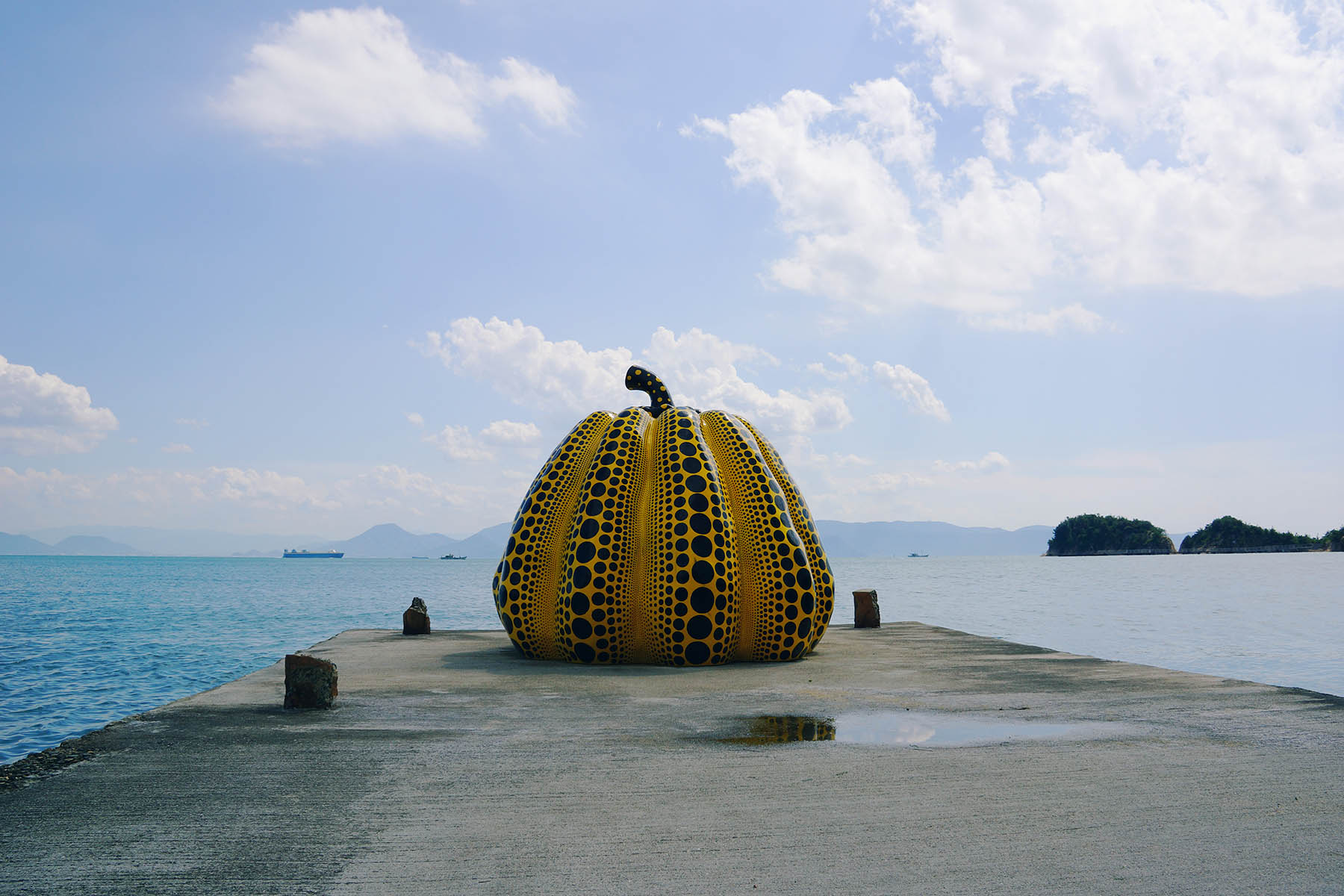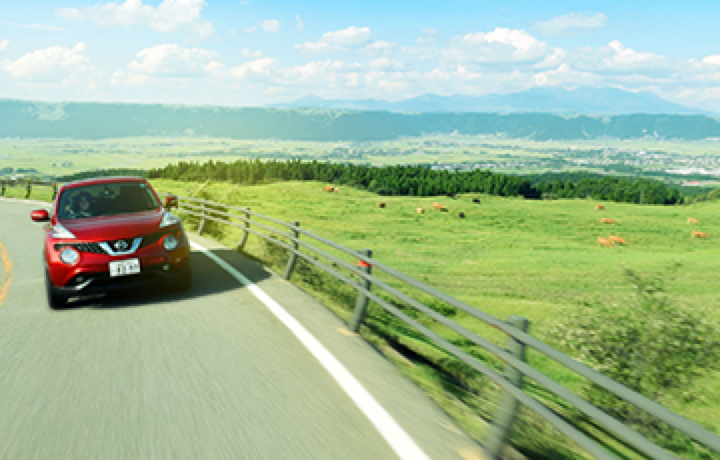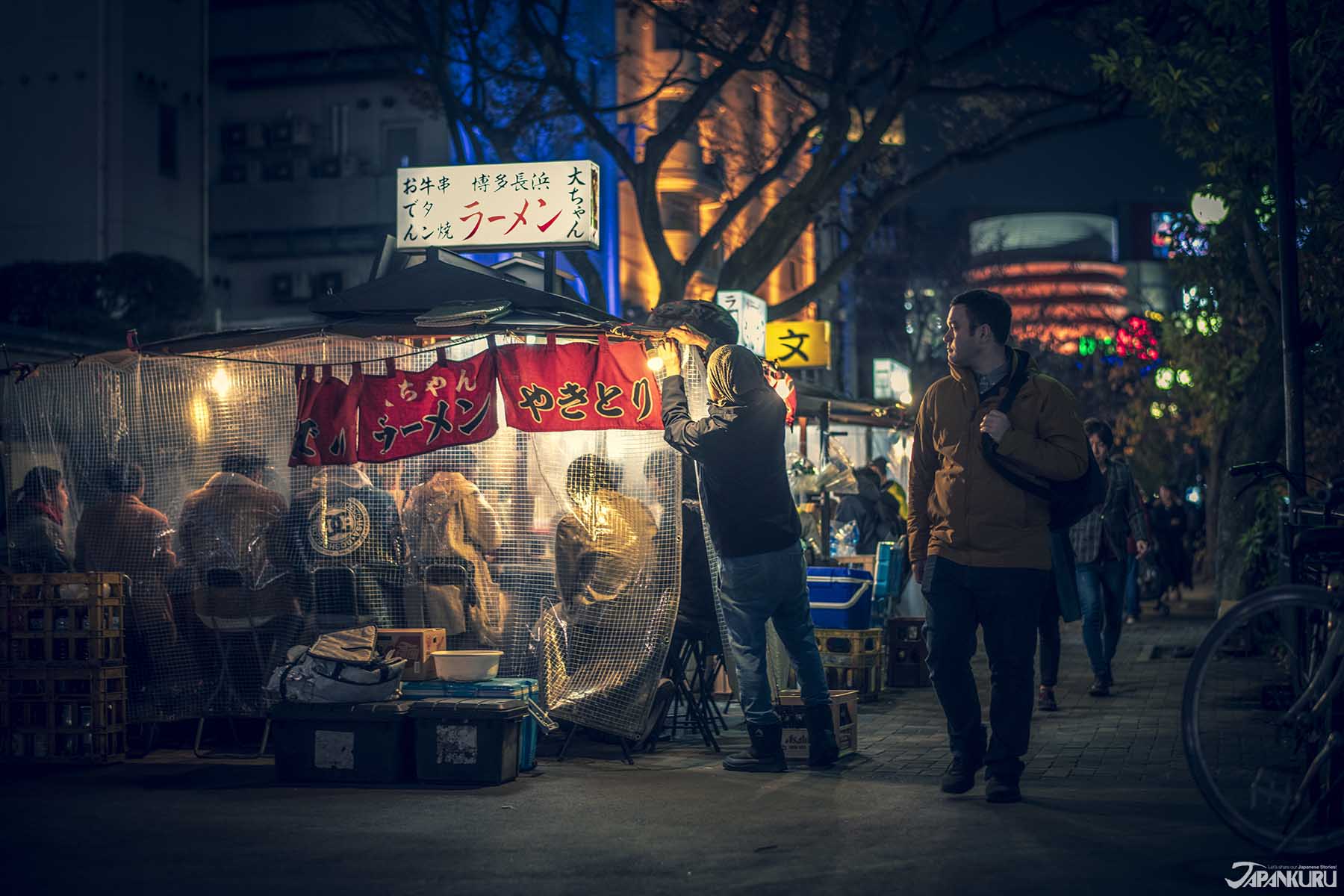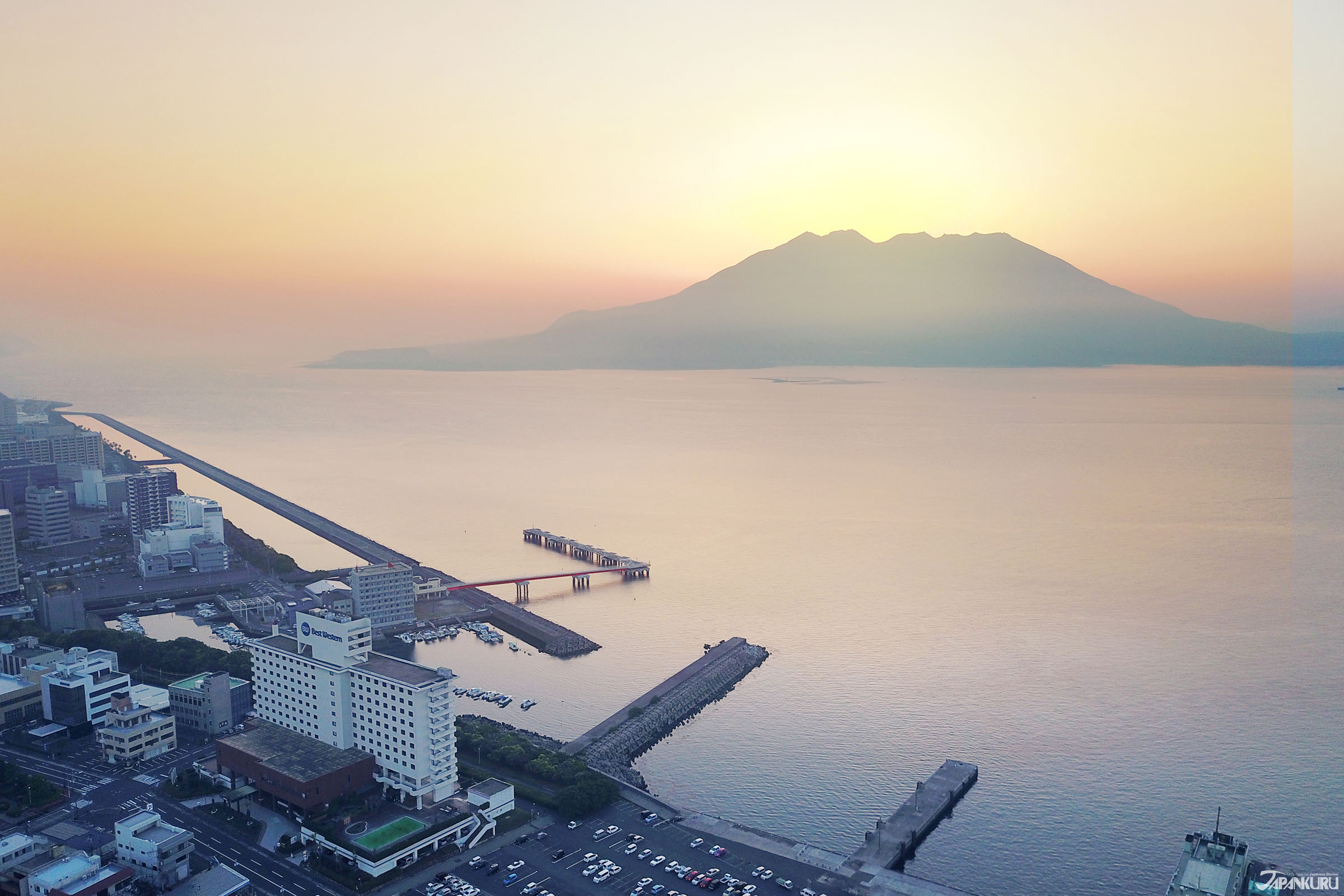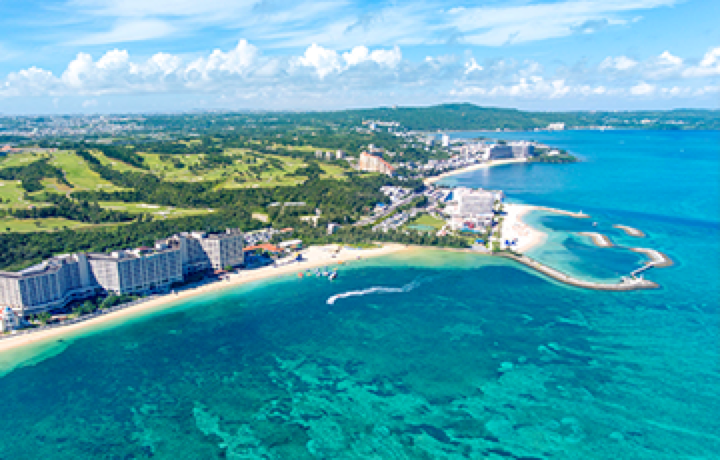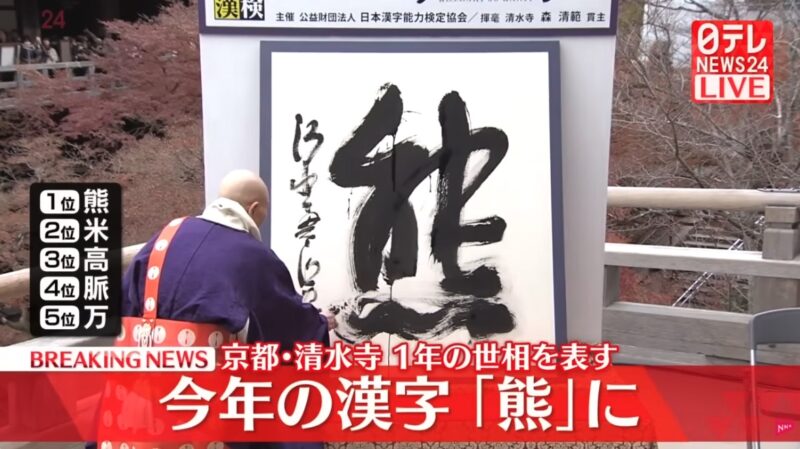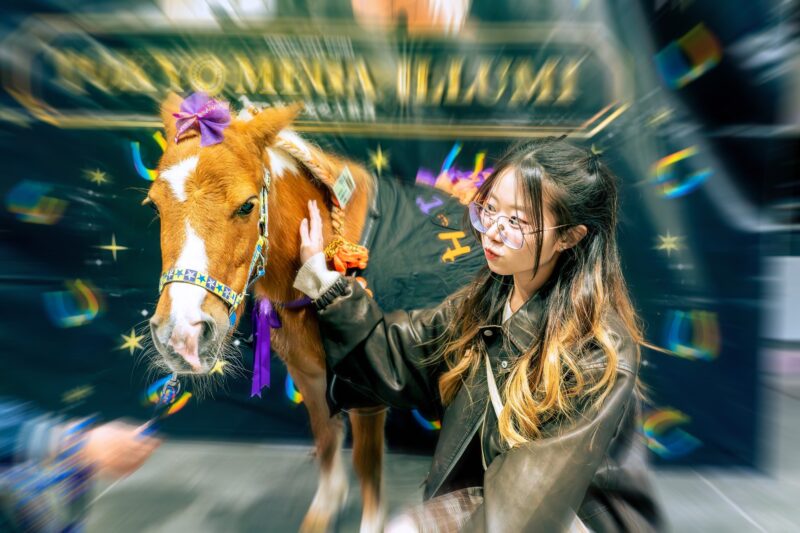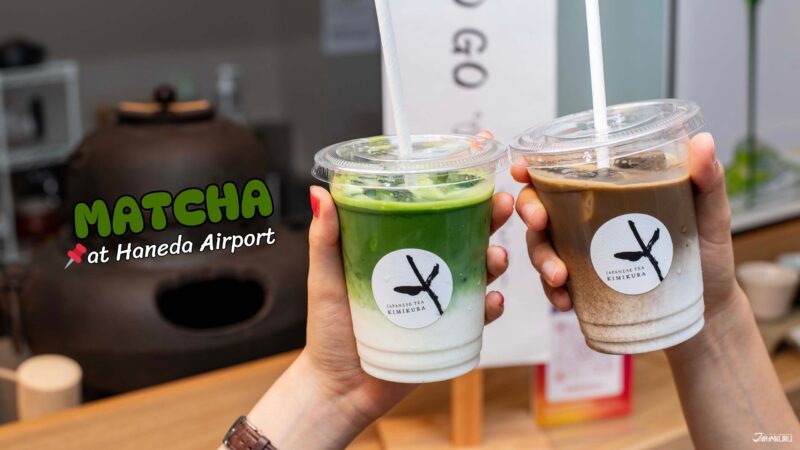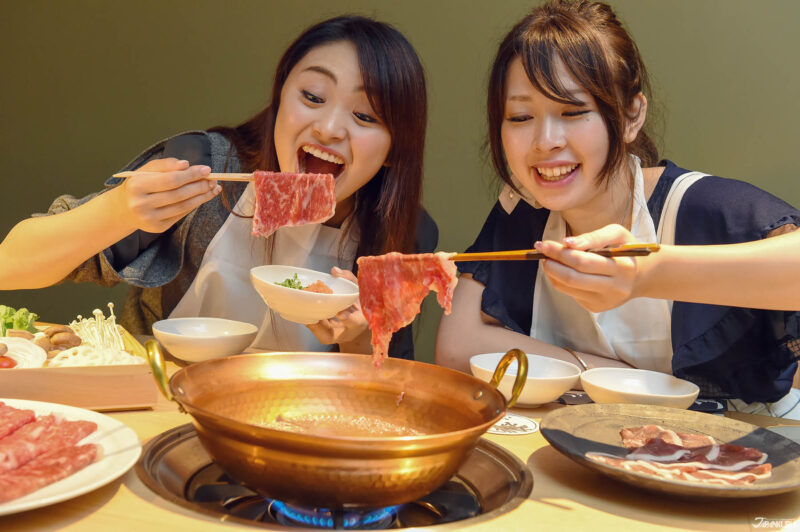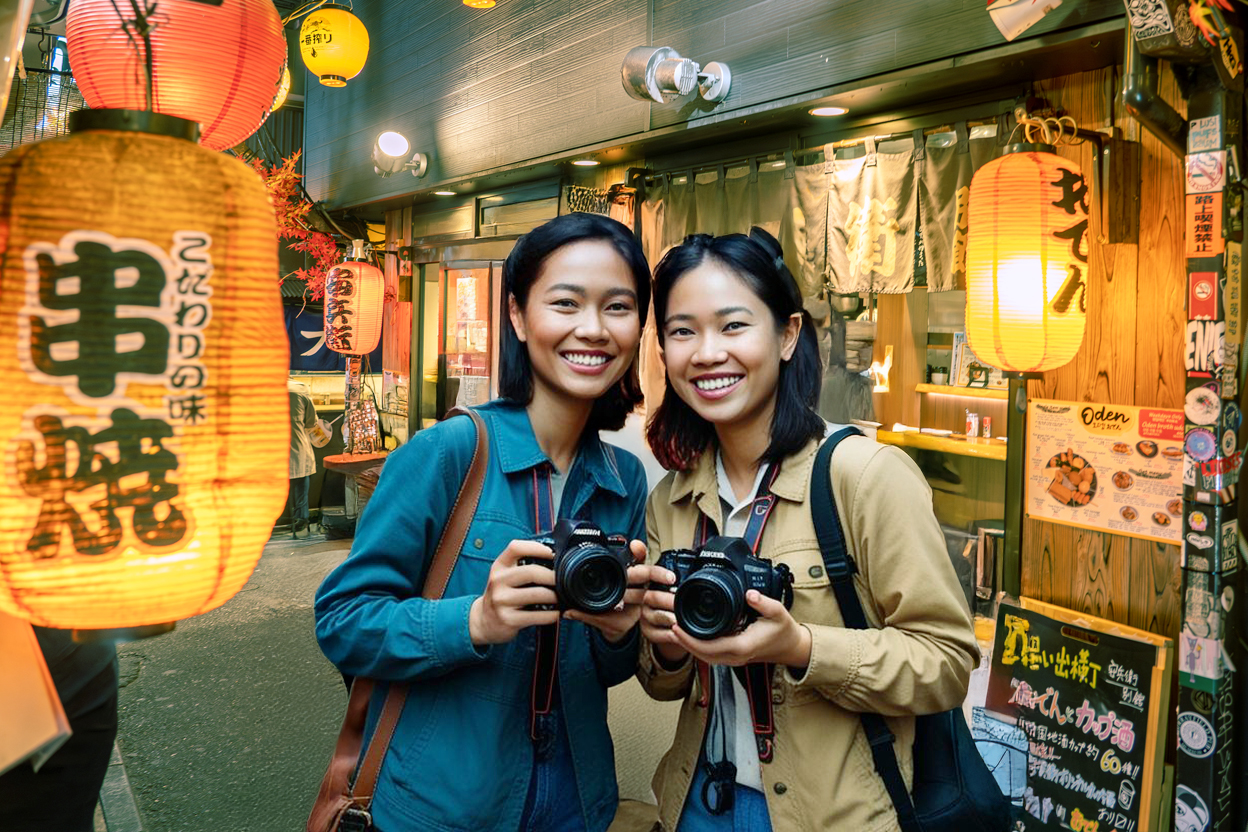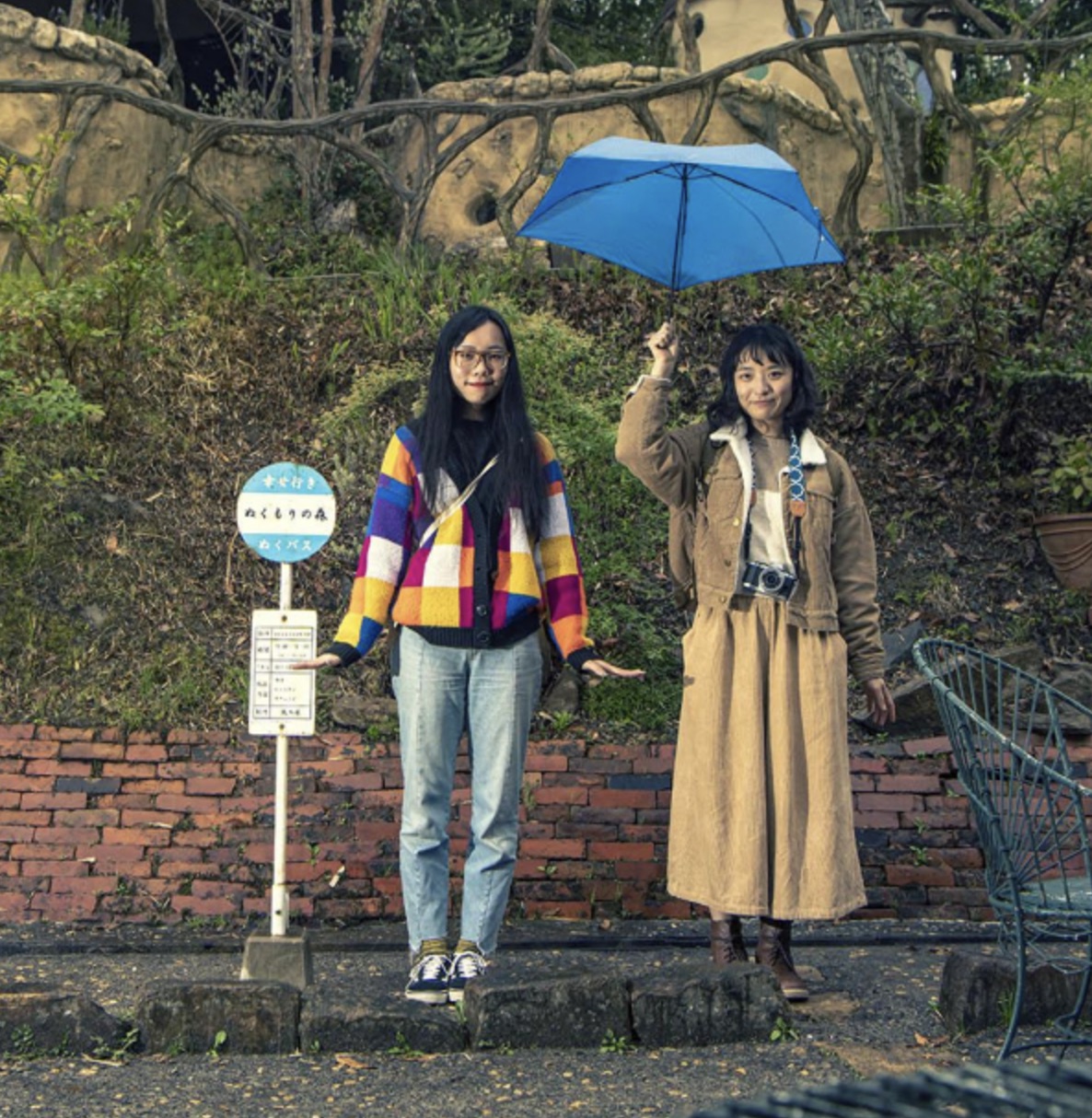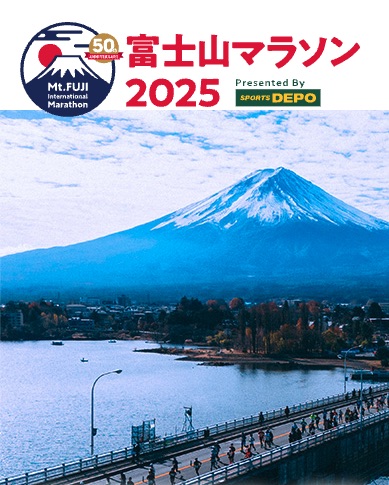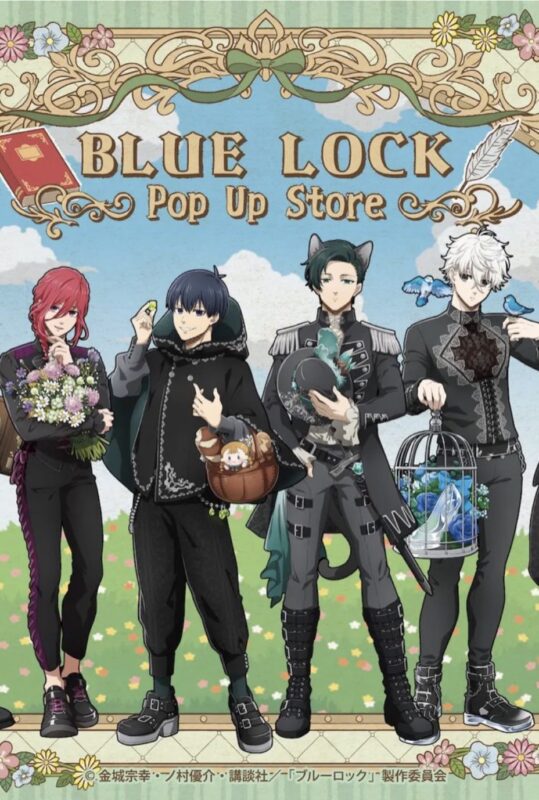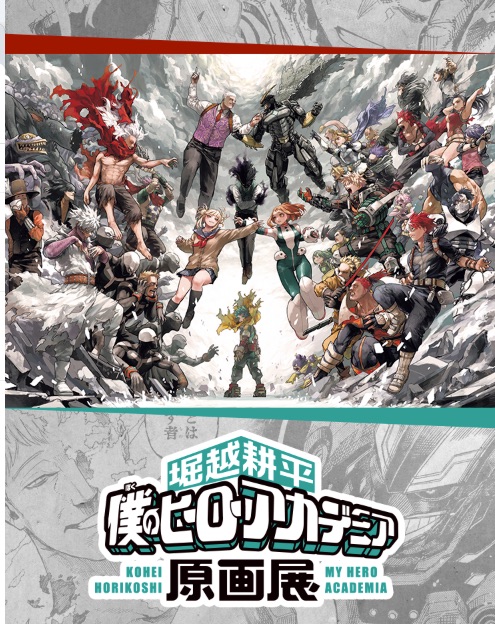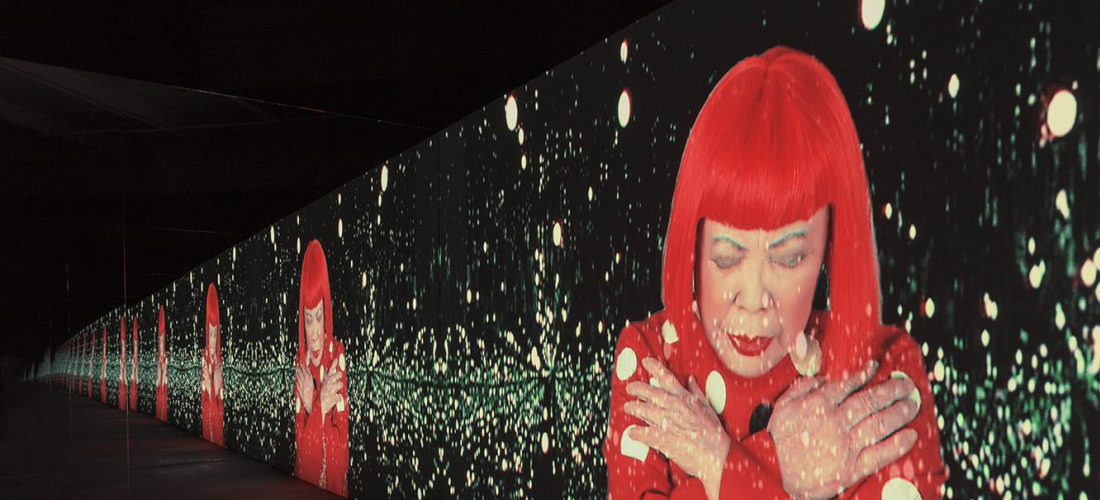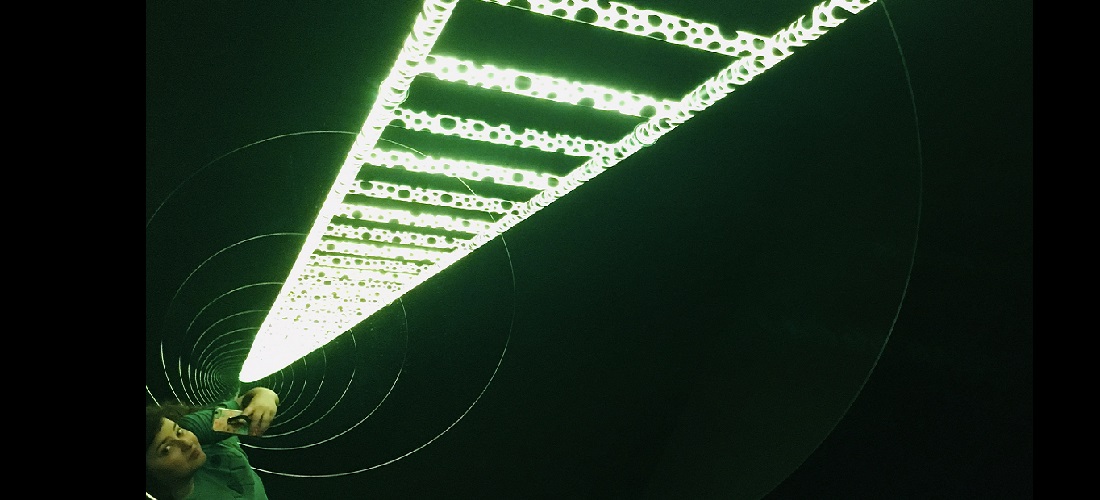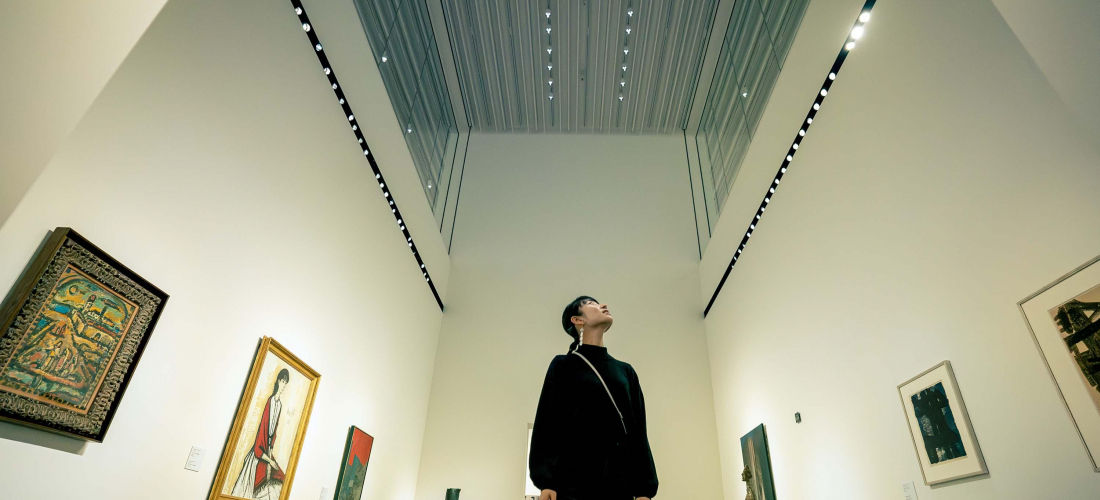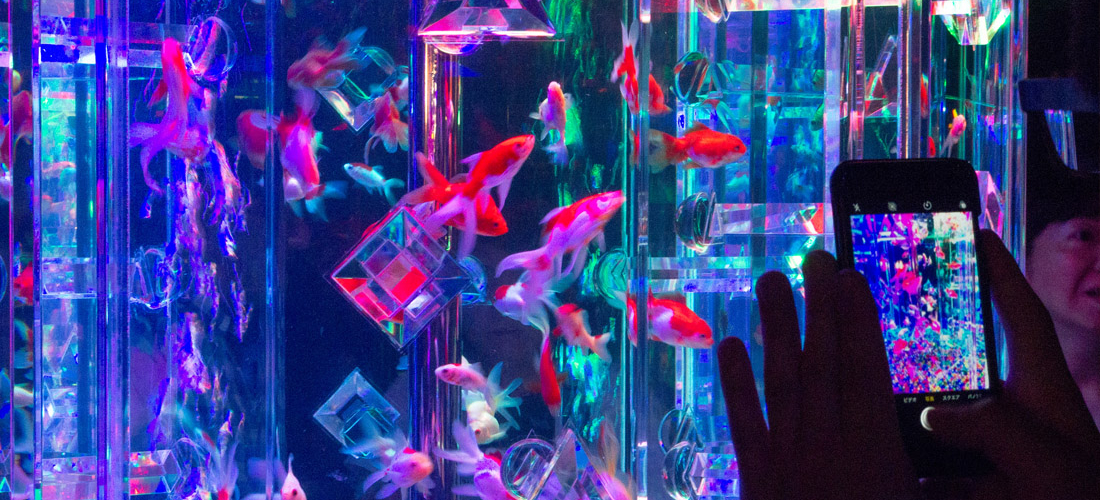CONTENTS
Tokyo: A City of Art!
Sure, you can find some high-quality sushi and beautiful temples in Tokyo, but this is also a city packed full of museums! In fact, there are so many great Tokyo museums that put on exhibitions of amazing art and artifacts, you could probably head to a new one every day for the rest of your life. That many museum trips might get a little exhausting, though, so instead we've put together a list of ten fun art events to check out over the next few months. With everything from traditional Japanese and Western artists to contemporary rockstars like Yayoi Kusama, Iranian picture books to artfully taken cat photos, this summer there's an exhibit for every kind of art lover!
Image Source: Official Website
Image Source: Official Website
Image Source: Official Website
① Yayoi Kusama’s HERE, ANOTHER NIGHT COMES FROM TRILLIONS OF LIGHT YEARS AWAY: Eternal Infinity
This exhibition of Yayoi Kusama's art includes some of the pieces that first brought her fame in New York 60 years ago, particular the Infinity Nets series. They really show you what some of her early interpretations of the polka dots she's now famous for looked like, and you can see a lot of her interest in repeating patterns. The exhibition includes some photographs and documents related to the creation of the art, as well. In addition to this important early work, there will also be a collection of Kusama's more recent work! This will include both one of her popular pumpkin sculptures, and a new piece that has never been exhibited before. It's a must-see exhibition for Yayoi Kusama fans!
April 4 ~ August 31
Yayoi Kusama Museum
11:30 ~ 17:30
(Closed Mon, Tue, Wed)
Adults: 1,000 yen | Children 6-18 y.o.: 600 yen
Official Website
Image Source: Official Website
Image Source: Official Website
② “Rabbits! River Otters! Hedgehogs!?” Stamp Art Exhibit
Stamps might not strike you as the most interesting thing to go look at (don't we all think of stamp collecting as a stereotype of boring people?) But it turns out that countries all over the world have been known to use small animals as stamp art, displaying these adorable creatures on envelopes delivered everywhere! Visit Tokyo's Philatelic Museum, A.K.A. Kitte no Hakubutsukan (切手の博物館), or stamp museum, to see a whole collection of cute critters on absolutely tiny canvases. If you're lucky, you'll get there on one of the days when they are specially displaying the original art that's used on Japan's standard 2 yen stamps (a sweet white bunny!)
April 3 ~ June 30
Tokyo Philatelic Museum
10:30 ~ 17:00
(Closed Mon)
Adults: 200 yen | Elementary/Middle School Students: 100 yen
Official Website
Image Source: Official Website
Image Source: Official Website
③ Vienna on the Path to Modernism
Celebrating the 150th anniversary of the establishment of diplomatic relations between Austria and Japan, this exhibition is perfect for any lovers of Viennese art! The exhibition is focused on the increasing push towards modernism during the turn of the century in Vienna, and features works from the famous Gustav Klimt and Egon Schiele. If you can't get enough of European art no matter where you're traveling, this is a great chance to see an impressive collection.
April 24 ~ August 5
The National Art Center, Tokyo
10:00 ~ 18:00
(Closed Tue)
General: 1,600 yen | University Students: 1,200 yen | High School Students: 800 yen | Children: Free!
Official Website
Image Source: Official Website
④ The Science Behind Pixar
There's no doubt that Pixar films are art, and you can see that in their lovingly perfected animation. This exhibit lets you behind the scenes, though, showing you how the art is created! Originally opened in 2015 at the Boston's Museum of Science, the exhibition has had more than 1.5 million visitors at 8 different North American locations, and now it has arrived in Tokyo! Get a deeper look into how concept art is created and transformed into the lifelike (but adorably cartoonish) animation that Pixar specializes in. Perfect for fans of all ages!
April 13 ~ September 16
Roppongi Hills Observatory Tokyo City View
10:00 ~ 22:00
Adults: 1,800 yen | Students: 1,200 yen | Children 4-15 y.o.: 600 yen
Official Website
Image Source: Official Website
⑤ A World of Flowers ― Coloring the Four Seasons
If you've ever been to Japan before, you probably have some idea of how popular flower viewing is in the country. This exhibition is taking that same theme to the art world, taking place during the zenith of many flowers' growing seasons, late spring and early summer. The traditional Japanese art pieces from the Edo Period feature flowers of all kinds, and of course flowers representative of Japanese culture are all over the place, so you'll see plenty of cherry blossoms and camellias. Birds flit and insects frolic between the blossoms, making the exhibition a joy to tour. The art is arranged in the order of the seasons, so walk through the year and take in the masterpieces.
A World of Flowers ― Coloring the Four Seasons
April 6 ~ June 2
Yamatane Museum of Art
10:00 ~ 17:00
(Closed Mon)
Adults: 1,200 yen | Students: 900 yen | Children ~15 y.o. : Free!
Official Website
Image Source: Official Website
⑥ 100-Year Chronicle of Uniforms in Nippon
As it turns out, this year is the 100th anniversary of western-style school uniforms being brought to Japan! Japan's interest in the culture of high school life is clear to any visitors, and this exhibition gives you a chance to be a part of that particular sphere of Japanese thinking. Some of the pieces featured are actual items of clothing, so if you don't have a good idea of what a normal Japanese high school girl's uniform looks, they've got you covered. Much of the exhibit consists of a curated collection of uniform-themed, though, some of which was drawn by some pretty famous Japanese manga illustrators. This may not be your traditional art exhibition, but it's a great idea for anyone who wants to get into Japanese culture while in Tokyo!
April 4 ~ June 30
Yayoi Museum
10:00 ~ 17:00
(Closed Mon)
General: 900 yen | Students: 800 yen | Children ~15 y.o.: 400 yen
Official Website
Image Source: Official Website
⑦ The Land of Poetry and Legends: Children’s Books in Iran
This exhibition is being held in Japan's International Library of Children's Literature, which is why it features children's picture books! This collection of Iranian illustrations gives you a fascinating look into another country's culture, and the topic makes it a fun visit for children of all ages. This particular exhibit especially features books based on culturally significant Iranian poetry and legends, as well as more general work from internationally-known Iranian illustrators and authors. Take a trip to the library and get in your daily dose of books and art at the same time!
May 21 ~ July 21
International Library of Children's Literature, National Diet Library
9:30 ~ 17:00
(Closed Mon, 3rd Wed of the Month)
All Ages: Free!
Official Website
Image Source: Official Website
Image Source: Official Website
Image Source: Official Website
⑧ The Burrell Collection: A voyage to Impressionism
Scottish shipping tycoon William Burrell put together an impressive art collection during his lifetime, and included in that were a number of important Impressionist works. He was also interested in the work of his Scottish brethren who were influenced by the French Impressionists he collected. This exhibition features a number of works along that theme, and as they put it, "a journey through art trends from Realism to Impressionism." Eighty pieces make up this fascinating exhibition pulled from a formerly private collection, and brought to Tokyo for your viewing pleasure.
April 27 ~ June 30
Bunkamura
10:00 ~ 18:00
Adults: 1,500 yen | Students: 1,000 yen | Children ~15 y.o.: 700 yen
Official Website
Image Source: Art Agenda
Image Source: Art Agenda
⑨ Edo Livelihoods by Hokusai
Hokusai is most famous for his many views of Mt. Fuji, represented in beautiful block print, of which he created more than one collection. For most fans in the West, the name Katsushika Hokusai brings to mind the image of small boats being swallowed by a large wave in front of the famous mountain. But Hokusai created art depicting numerous subjects, which is clear if you visit his relatively new museum in Sumida, Tokyo. This particular exhibition features the people of Tokyo about their daily activities, with residents at work and at play. Head over for beautifully rendered block prints of merchants, street performers, doctors, and more!
April 23 ~ June 9
The Sumida Hokusai Museum
9:30 ~ 17:30
(Closed Some Mondays)
Adults: 1,000 yen | Students: 700 yen | Children ~15 y.o.: 300 yen
Official Website
Image Source: Official Website
Image Source: Official Website
Image Source: Official Website
⑩ Neko ga Kawaii Dake Ten (猫がかわいいだけ展), or “Cats Are Just Cute Exhibition”
Last but not least, it wouldn't be Japan (and this wouldn't be the internet) if there weren't cats! As the title implies, this is just an exhibit showing off some adorable kitties. Professionally taken photographs featuring cats doing all kinds of cute things, it's a must-see for any cat lovers out there!
August 15 ~ September 10
Shibuya Hikarie Hall
10:00 ~ 20:30
General: 800 yen | Children ~12 y.o.: Free!
Official Website
COMMENT
FEATURED MEDIA
VIEW MORE 
A New Tokyo Animal Destination: Relax & Learn About the World’s Animals in Japan
#pr #japankuru #anitouch #anitouchtokyodome #capybara #capybaracafe #animalcafe #tokyotrip #japantrip #카피바라 #애니터치 #아이와가볼만한곳 #도쿄여행 #가족여행 #東京旅遊 #東京親子景點 #日本動物互動體驗 #水豚泡澡 #東京巨蛋城 #เที่ยวญี่ปุ่น2025 #ที่เที่ยวครอบครัว #สวนสัตว์ในร่ม #TokyoDomeCity #anitouchtokyodome

Shohei Ohtani Collab Developed Products & Other Japanese Drugstore Recommendations From Kowa
#pr #japankuru
#kowa #syncronkowa #japanshopping #preworkout #postworkout #tokyoshopping #japantrip #일본쇼핑 #일본이온음료 #오타니 #오타니쇼헤이 #코와 #興和 #日本必買 #日本旅遊 #運動補充能量 #運動飲品 #ช้อปปิ้งญี่ปุ่น #เครื่องดื่มออกกำลังกาย #นักกีฬา #ผลิตภัณฑ์ญี่ปุ่น #อาหารเสริมญี่ปุ่น

도쿄 근교 당일치기 여행 추천! 작은 에도라 불리는 ‘가와고에’
세이부 ‘가와고에 패스(디지털)’ 하나면 편리하게 이동 + 가성비까지 완벽하게! 필름카메라 감성 가득한 레트로 거리 길거리 먹방부터 귀여움 끝판왕 핫플&포토 스폿까지 총집합!
Looking for day trips from Tokyo? Try Kawagoe, AKA Little Edo!
Use the SEIBU KAWAGOE PASS (Digital) for easy, affordable transportation!
Check out the historic streets of Kawagoe for some great street food and plenty of picturesque retro photo ops.
#pr #japankuru #도쿄근교여행 #가와고에 #가와고에패스 #세이부패스 #기모노체험 #가와고에여행 #도쿄여행코스 #도쿄근교당일치기 #세이부가와고에패스
#tokyotrip #kawagoe #tokyodaytrip #seibukawagoepass #kimono #japantrip

Hirakata Park, Osaka: Enjoy the Classic Japanese Theme Park Experience!
#pr #japankuru #hirakatapark #amusementpark #japantrip #osakatrip #familytrip #rollercoaster #retrôvibes #枚方公園 #大阪旅遊 #關西私房景點 #日本親子旅行 #日本遊樂園 #木造雲霄飛車 #히라카타파크 #สวนสนุกฮิราคาตะพาร์ค

🍵Love Matcha? Upgrade Your Matcha Experience With Tsujiri!
・160년 전통 일본 말차 브랜드 츠지리에서 말차 덕후들이 픽한 인기템만 골라봤어요
・抹茶控的天堂!甜點、餅乾、飲品一次滿足,連伴手禮都幫你列好清單了
・ส่องมัทฉะสุดฮิต พร้อมพาเที่ยวร้านดังในอุจิ เกียวโต
#pr #japankuru #matcha #matchalover #uji #kyoto #japantrip #ujimatcha #matchalatte #matchasweets #tsujiri #말차 #말차덕후 #츠지리 #교토여행 #말차라떼 #辻利抹茶 #抹茶控 #日本抹茶 #宇治 #宇治抹茶 #日本伴手禮 #抹茶拿鐵 #抹茶甜點 #มัทฉะ #ของฝากญี่ปุ่น #ชาเขียวญี่ปุ่น #ซึจิริ #เกียวโต

・What Is Nenaito? And How Does This Sleep Care Supplement Work?
・你的睡眠保健品——認識「睡眠茶氨酸錠」
・수면 케어 서플리먼트 ‘네나이토’란?
・ผลิตภัณฑ์เสริมอาหารดูแลการนอน “Nenaito(ネナイト)” คืออะไร?
#pr #japankuru #sleepcare #japanshopping #nenaito #sleepsupplement #asahi #睡眠茶氨酸錠 #睡眠保健 #朝日 #l茶胺酸 #日本藥妝 #日本必買 #일본쇼핑 #수면 #건강하자 #네나이토 #일본영양제 #อาหารเสริมญี่ปุ่น #ช้อปปิ้งญี่ปุ่น #ร้านขายยาญี่ปุ่น #ดูแลตัวเองก่อนนอน #อาซาฮิ

Japanese Drugstore Must-Buys! Essential Items from Hisamitsu® Pharmaceutical
#PR #japankuru #hisamitsu #salonpas #feitas #hisamitsupharmaceutical #japanshopping #tokyoshopping #traveltips #japanhaul #japantrip #japantravel

Whether you grew up with Dragon Ball or you just fell in love with Dragon Ball DAIMA, you'll like the newest JINS collab. Shop this limited-edition Dragon Ball accessory collection to find some of the best Dragon Ball merchandise in Japan!
>> Find out more at Japankuru.com! (link in bio)
#japankuru #dragonball #dragonballdaima #animecollab #japanshopping #jins #japaneseglasses #japantravel #animemerch #pr

This month, Japankuru teamed up with @official_korekoko to invite three influencers (originally from Thailand, China, and Taiwan) on a trip to Yokohama. Check out the article (in Chinese) on Japankuru.com for all of their travel tips and photography hints - and look forward to more cool collaborations coming soon!
【橫濱夜散策 x 教你怎麼拍出網美照 📸✨】
每次來日本玩,是不是都會先找旅日網紅的推薦清單?
這次,我們邀請擁有日本豐富旅遊經驗的🇹🇭泰國、🇨🇳中國、🇹🇼台灣網紅,帶你走進夜晚的橫濱!從玩樂路線到拍照技巧,教你怎麼拍出最美的夜景照。那些熟悉的景點,換個視角說不定會有新發現~快跟他們一起出發吧!
#japankuru #橫濱紅磚倉庫 #汽車道 #中華街 #yokohama #japankuru #橫濱紅磚倉庫 #汽車道 #中華街 #yokohama #yokohamaredbrickwarehouse #yokohamachinatown

If you’re a fan of Vivienne Westwood's Japanese designs, and you’re looking forward to shopping in Harajuku this summer, we’ve got important news for you. Vivienne Westwood RED LABEL Laforet Harajuku is now closed for renovations - but the grand reopening is scheduled for July!
>> Find out more at Japankuru.com! (link in bio)
#japankuru #viviennewestwood #harajuku #omotesando #viviennewestwoodredlabel #viviennewestwoodjapan #비비안웨스트우드 #오모테산도 #하라주쿠 #日本購物 #薇薇安魏斯伍德 #日本時尚 #原宿 #表參道 #japantrip #japanshopping #pr

Ready to see TeamLab in Kyoto!? At TeamLab Biovortex Kyoto, the collective is taking their acclaimed immersive art and bringing it to Japan's ancient capital. We can't wait to see it for ourselves this autumn!
>> Find out more at Japankuru.com! (link in bio)
#japankuru #teamlab #teamlabbiovortex #kyoto #kyototrip #japantravel #artnews
Photos courtesy of teamLab, Exhibition view of teamLab Biovortex Kyoto, 2025, Kyoto ® teamLab, courtesy Pace Gallery

Japanese Makeup Shopping • A Trip to Kamakura & Enoshima With Canmake’s Cool-Toned Summer Makeup
#pr #canmake #enoshima #enoden #에노시마 #캔메이크 #japanesemakeup #japanesecosmetics

⚔️The Robot Restaurant is gone, but the Samurai Restaurant is here to take its place. Check it out, and don't forget your coupon!
🍣신주쿠의 명소 로봇 레스토랑이 사무라이 레스토랑으로 부활! 절찬 쿠폰 발급중
💃18歲以上才能入場的歌舞秀,和你想的不一樣!拿好優惠券去看看~
#tokyo #shinjuku #samurairestaurant #robotrestaurant #tokyotrip #도쿄여행 #신주쿠 #사무라이레스토랑 #이색체험 #할인이벤트 #歌舞伎町 #東京景點 #武士餐廳 #日本表演 #日本文化體驗 #japankuru #japantrip #japantravel #japanlovers #japan_of_insta

Japanese appliance & electronics shopping with our KOJIMA x BicCamera coupon!
用JAPANKURU的KOJIMA x BicCamera優惠券買這些正好❤️
코지마 x 빅 카메라 쿠폰으로 일본 가전 제품 쇼핑하기
#pr #japankuru #japanshopping #kojima #biccamera #japaneseskincare #yaman #dji #osmopocket3 #skincaredevice #日本購物 #美容儀 #相機 #雅萌 #日本家電 #일본여행 #면세 #여행꿀팁 #일본쇼핑리스트 #쿠폰 #일본쇼핑 #일본브랜드 #할인 #코지마 #빅카메라 #japankurucoupon

